Are Sunglasses Enough to Protect Your Eyes from UV Rays?
Sunglasses are a fashionable accessory that is commonly associated with summer fun. Outside of their use as a fashion statement, sunglasses have long been hailed as the go-to accessory for protecting our eyes from the harmful effects of the sun's ultraviolet (UV) rays.
In recent years, there is a growing concern about whether sunglasses alone are enough to provide adequate UV protection for our eyes.
Our eyes may be much more vulnerable to the rays of the sun than those of our ancestors. This susceptibility may be partially due to the development of indoor lighting which has facilitated us to have much less “shut-eyes” hours. Additionally, our eyes are experiencing an unprecedented amount of screen exposure. To this day, we do not have a complete understanding of the impact of prolonged screen exposure on the eyes! (1)
In this article, we will delve into the topic of eye UV protection and explore the role of sunglasses as well as the importance of internal support through the use of nutrients and supplements.
Blog Contents
Understanding UVA and UVB Radiation
Before assessing the effectiveness of sunglasses, it is crucial to understand the nature of UVA and UVB radiation and their impact on our eyes.
-
UVA rays have longer wavelengths and can penetrate deeper into the skin and eyes, leading to premature aging and an increased risk of eye diseases such as cataracts and macular degeneration (2)
- UVB rays have shorter wavelengths and primarily affect the outer layers of the skin and eyes, causing sunburns and contributing to the development of skin cancer and other eye conditions (2,3)
Example eye condition: Pterygium is an ocular surface disorder that is directly associated with long-term, unprotected sun exposure. Ultraviolet (UV) radiation, both UVA and UVB, has been linked to the development of pterygium. UV radiation can cause damage to the DNA in the cells of the conjunctiva, leading to the formation of pterygium.
Therefore, it is important to protect the eyes from UV radiation by wearing sunglasses that block both UVA and UVB rays and by wearing a hat when outdoors. Prescription glasses with a UV protective coating and a wrap-around design can also help protect the eyes from UV radiation. In summary, both UVA and UVB rays can stress the eyes, making it important to protect the eyes from both types of radiation. (4,5)
Evaluating the Effectiveness of Sunglasses
When it comes to choosing sunglasses for UV protection, there are a few key factors to consider:
- The first is the label indicating the level of UV protection provided by the sunglasses. Look for sunglasses that block 100 percent of both UVA and UVB rays. This information can usually be found on the label or in the product description
- Another important consideration is the shape and fit of the sunglasses. Sunglasses with a close-fitting wraparound style provide better coverage and limit the amount of sunlight that reaches your eyes from all sides. By choosing sunglasses that cover a larger area of your face, you can further reduce UV exposure to your eyes
A word of caution: It is worth noting that the darkness or colour of the lenses does not necessarily determine their ability to block UV rays. Even lightly tinted or clear lenses can provide adequate UV protection if they are designed to do so. Therefore, it is crucial to focus on the UV protection factor rather than the colour of the lenses when selecting sunglasses.
Cheap sunglasses from drugstores may lack proper UV-blocking capabilities, leaving your eyes vulnerable to harmful rays.
Ophthalmologists often warn that tinted glasses without UV protection can actually be more harmful! The tinting causes the pupils to dilate, allowing more UV radiation to enter the eyes. (6)
The Importance of Nutrients for Eye Health
While sunglasses play a crucial role in protecting our eyes from external UV radiation, supporting eye health from within is equally important. Nutrients and supplements can provide an additional layer of defense against the damaging effects of the sun's rays.
Astaxanthin: A Powerful Antioxidant
Astaxanthin is a red pigment that belongs to a group of chemicals called carotenoids (you may be familiar with its cousin Beta-carotene, which is a precursor for vitamin A). It is known for its unique, powerful antioxidant properties and is found in fish and certain algae. It is better recognized as the pigment that is responsible for the pink-red color in salmon. Astaxanthin is available as a dietary supplement and is believed to have various health benefits including the ability to protect your eyes from UV rays. (7,8)
Health benefits of astaxanthin:
-
Reduces eye strain: Astaxanthin has been shown to reduce eye strain in visual display terminal workers. It protects the eye from prolonged stress by crossing the retinal blood barrier and directly supporting the retina!
- Protects against oxidative stress: Astaxanthin is a potent antioxidant that neutralizes oxygen radical molecules and protects the retina against oxidative stress. This makes it a valuable player in protecting the eye from sun-induced stress (9)
The retina contains high levels of polyunsaturated fatty acids (Omega 3), which are vulnerable to oxidation, making astaxanthin particularly relevant for eye health
-
Supports ocular vascular health: Astaxanthin helps to reduce inflammation and supports optimal ocular vascular health. The eyes, like all other organs are more likely to heal and clear out toxins when they have a healthy blood supply (9)
- Improves outcomes of various ocular diseases: Numerous human and experimental clinical trials have robustly demonstrated the efficacy of astaxanthin in enhancing outcomes for a range of ocular diseases. These findings elevate astaxanthin beyond being merely a typical antioxidant with uncertain localized effects on the eyes; instead, they establish its benefits through well-supported evidence-based medicine (9,10)
How astaxanthin works biochemically to support eye health:
-
Crosses the blood-retinal barrier: Astaxanthin can cross the blood-retinal barrier and accumulate in the retina, where it can protect against oxidative stress and inflammation
-
Neutralizes free radicals: Astaxanthin is a potent antioxidant that neutralizes free radicals and protects against oxidative stress, which can damage the eyes
-
Reduces inflammation: Astaxanthin has anti-inflammatory properties that can help reduce inflammation in the eyes and supporting structures
- Supports capillary flow in the retina: Astaxanthin can help promote capillary flow in the retina, which can lead to better oxygen and nutrient delivery (9-11)
What makes a good astaxanthin supplement?
Astaxanthin is an amazing supplement, but not all supplements are made equally! When searching for a good astaxanthin supplement, it is important to keep the following in mind:
-
Source: The source of astaxanthin is an important factor in determining the quality of a supplement. The most common and preferred natural source of astaxanthin is Haematococcus pluvialis, a type of microalgae. This source is considered superior because it produces natural astaxanthin through biotechnological processes (not synthetic). It is also clean and less likely to carry the contaminants of the food chain. To be sure, always ask for third-party testing for the purity of astaxanthin supplements! (12-14)
- Potency: Astaxanthin supplements are available in different potencies. Common potencies range from 4 mg to 12 mg per serving. Compare the cost to the serving amount, keeping in mind the cleanliness of the supplement and the dose! (15)
Protect Your Eyes from UV Rays with Occumax
Why oil protection is important?
Astaxanthin is a fat-soluble compound, which means it is better absorbed when consumed with dietary fat. Additionally, it can easily oxidize inside supplement capsules, if it is not protected from air. Therefore, high-quality astaxanthin supplements are formulated with oil to enhance absorption and ensure potency. Oil protection helps ensure that the astaxanthin is properly absorbed and utilized by the body. (16)
Sources of astaxanthin
-
Haematococcus pluvialis: This microalga is the most common and preferred source of astaxanthin for supplements. It produces natural astaxanthin through biotechnological processes, making it a reliable and high-quality source
- Other sources: Astaxanthin can also be synthetic, or derived from marine sources such as shrimp or krill. However, the isomer in the final nutraceutical will depend on what the creature ingested during its life, leading to variability in the astaxanthin content (16)
Other Nutrients for Eye Health and Protection
Lutein and Zeaxanthin: Enhancing Natural Eye Protection
Lutein and zeaxanthin are two other carotenoids that play a crucial role in eye health. These antioxidants are found in high concentrations in the macula, a region of the retina responsible for central vision. Lutein and zeaxanthin act as natural filters, absorbing blue light and protecting the macula from oxidative damage. It is important to note that humans are exposed to a larger amount of blue-light than at any other time in history due to their extended screen use. (8)
Studies have shown that these carotenoids can help reduce the risk of age-related macular degeneration and cataracts, both of which can be exacerbated by UV radiation. Increasing your intake of lutein and zeaxanthin through dietary sources such as leafy greens, eggs, and supplements can provide additional support for your eyes alongside sunglasses. (17)
Bilberry Extract: Supporting Eye Photosensitivity
Bilberry extract, derived from the Vaccinium myrtillus plant, has long been used to support eye health. This extract is rich in anthocyanidins and beta-carotene, both of which have been shown to promote visual acuity and protect the eyes from UV damage.
Bilberry extract can help reduce eye photosensitivity, a condition in which the eyes become more sensitive to light, including UV radiation. By supporting the eye's natural defence mechanisms and providing additional protection against oxidative stress, bilberry extract can complement the use of sunglasses and enhance overall eye health. (18)
Conclusion
In conclusion, sunglasses are indeed an essential tool for protecting our eyes from UV radiation. However, they should not be relied upon as the sole means of defence. Combining the use of high-quality sunglasses that block 100 percent of UVA and UVB rays with internal support through the use of nutrients and supplements can provide a comprehensive approach to sun protection for the eyes. Such protection delays the aging of the eye and protects it from degenerative damage.
Astaxanthin, lutein, zeaxanthin, and bilberry extract are just a few examples of nutrients and supplements that can help enhance the natural defence mechanisms of the eyes and mitigate the damage caused by UV radiation. By incorporating these elements into our daily routine alongside the use of sunglasses, we can ensure optimal eye health and protect our precious vision for years to come.
Article References
- Agarwal R, Tripathi A, Khan IA, Agarwal M. Effect of increased screen time on eyes during COVID-19 pandemic. Journal of Family Medicine and Primary Care. 2022 Jul;11(7):3642.
- Oliva MS, Taylor H. Ultraviolet radiation and the eye. International ophthalmology clinics. 2005 Jan 1;45(1):1-7.
- Oliva MS, Taylor H. Ultraviolet radiation and the eye. International ophthalmology clinics. 2005 Jan 1;45(1):1-7.
- Hill JC, Maske R. Pathogenesis of pterygium. Eye. 1989 Mar;3(2):218-26.
- Hirst LW. The treatment of pterygium. Survey of ophthalmology. 2003 Mar 1;48(2):145-80.
- Lyons AB, Trullas C, Kohli I, Hamzavi IH, Lim HW. Photoprotection beyond ultraviolet radiation: a review of tinted sunscreens. Journal of the American academy of dermatology. 2021 May 1;84(5):1393-7.
- Fakhri S, Abbaszadeh F, Dargahi L, Jorjani M. Astaxanthin: A mechanistic review on its biological activities and health benefits. Pharmacological research. 2018 Oct 1;136:1-20.
- Kizawa Y, Sekikawa T, Kageyama M, Tomobe H, Kobashi R, Yamada T. Effects of anthocyanin, astaxanthin, and lutein on eye functions: a randomized, double-blind, placebo-controlled study. Journal of Clinical Biochemistry and Nutrition. 2021;69(1):77-90.
- Kizawa Y, Sekikawa T, Kageyama M, Tomobe H, Kobashi R, Yamada T. Effects of anthocyanin, astaxanthin, and lutein on eye functions: a randomized, double-blind, placebo-controlled study. Journal of Clinical Biochemistry and Nutrition. 2021;69(1):77-90.
- Ekpe L, Inaku K, Ekpe V. Antioxidant effects of astaxanthin in various diseases—A review. J. Mol. Pathophysiol. 2018;7(1):1-6.
- Giannaccare G, Pellegrini M, Senni C, Bernabei F, Scorcia V, Cicero AF. Clinical applications of astaxanthin in the treatment of ocular diseases: Emerging insights. Marine drugs. 2020 May;18(5):239.
- Guerin M, Huntley ME, Olaizola M. Haematococcus astaxanthin: applications for human health and nutrition. TRENDS in Biotechnology. 2003 May 1;21(5):210-6.
- Guerin M, Huntley ME, Olaizola M. Haematococcus astaxanthin: applications for human health and nutrition. TRENDS in Biotechnology. 2003 May 1;21(5):210-6.
- Brendler T, Williamson EM. Astaxanthin: How much is too much? A safety review. Phytotherapy Research. 2019 Dec;33(12):3090-111.
- Brendler T, Williamson EM. Astaxanthin: How much is too much? A safety review. Phytotherapy Research. 2019 Dec;33(12):3090-111.
- Ambati RR, Siew Moi P, Ravi S, Aswathanarayana RG. Astaxanthin: Sources, extraction, stability, biological activities and its commercial applications—A review. Marine drugs. 2014 Jan 7;12(1):128-52.
- Jacques. The potential preventive effects of vitamins for cataract and age-related macular degeneration. International journal for vitamin and nutrition research. 1999 May 1;69(3):198-205.
- Miyake S, Takahashi N, Sasaki M, Kobayashi S, Tsubota K, Ozawa Y. Vision preservation during retinal inflammation by anthocyanin-rich bilberry extract: cellular and molecular mechanism. Laboratory investigation. 2012 Jan 1;92(1):102-9.







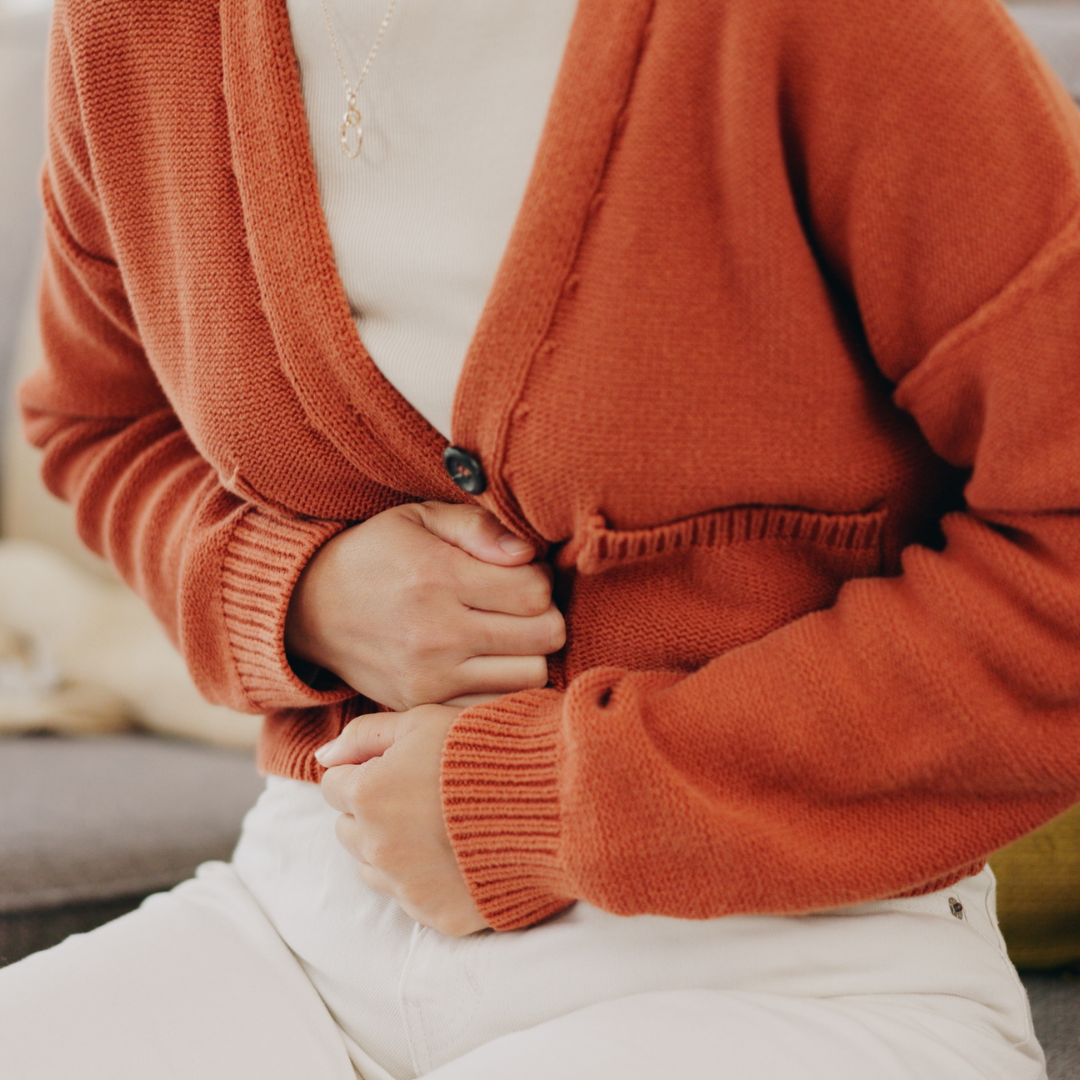

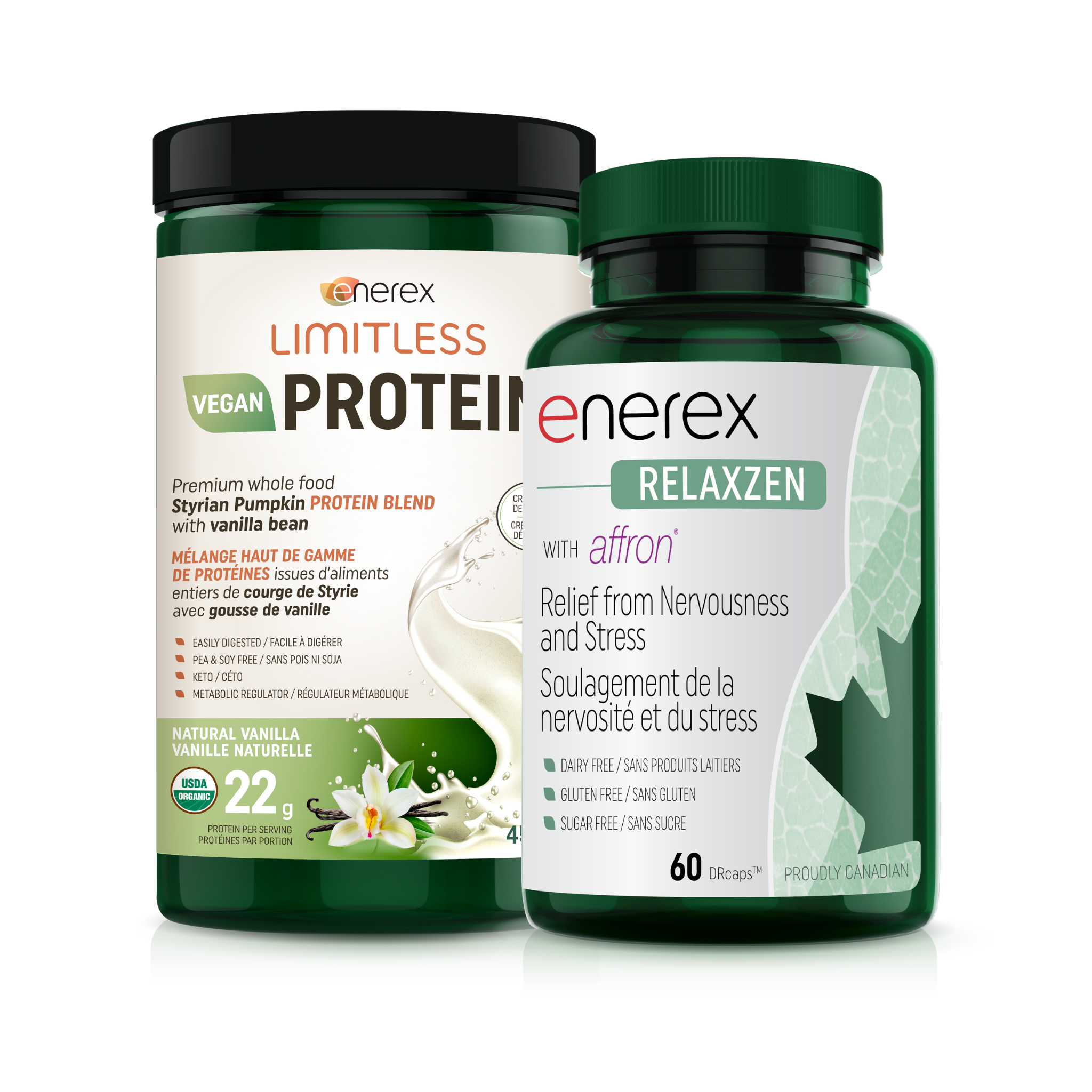
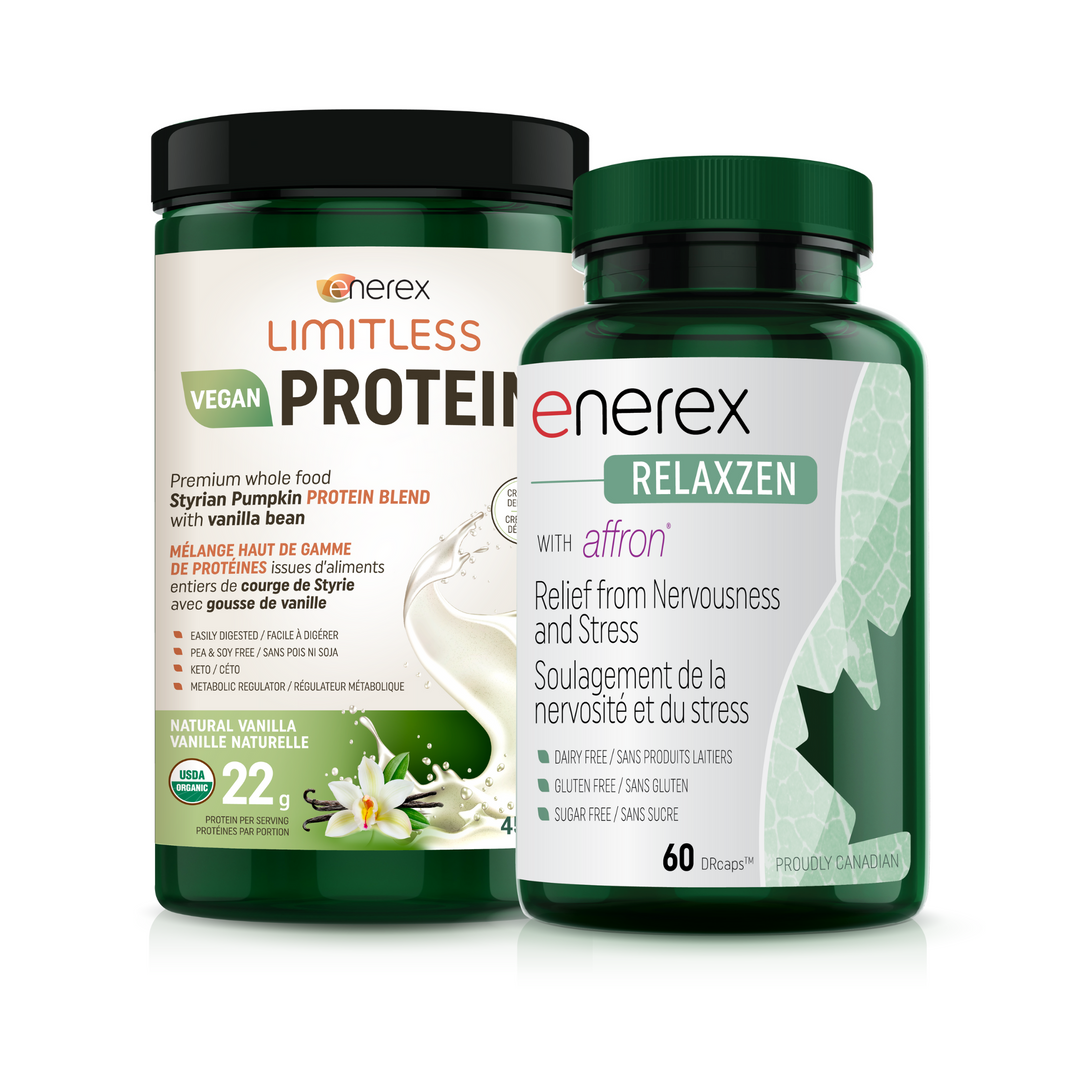
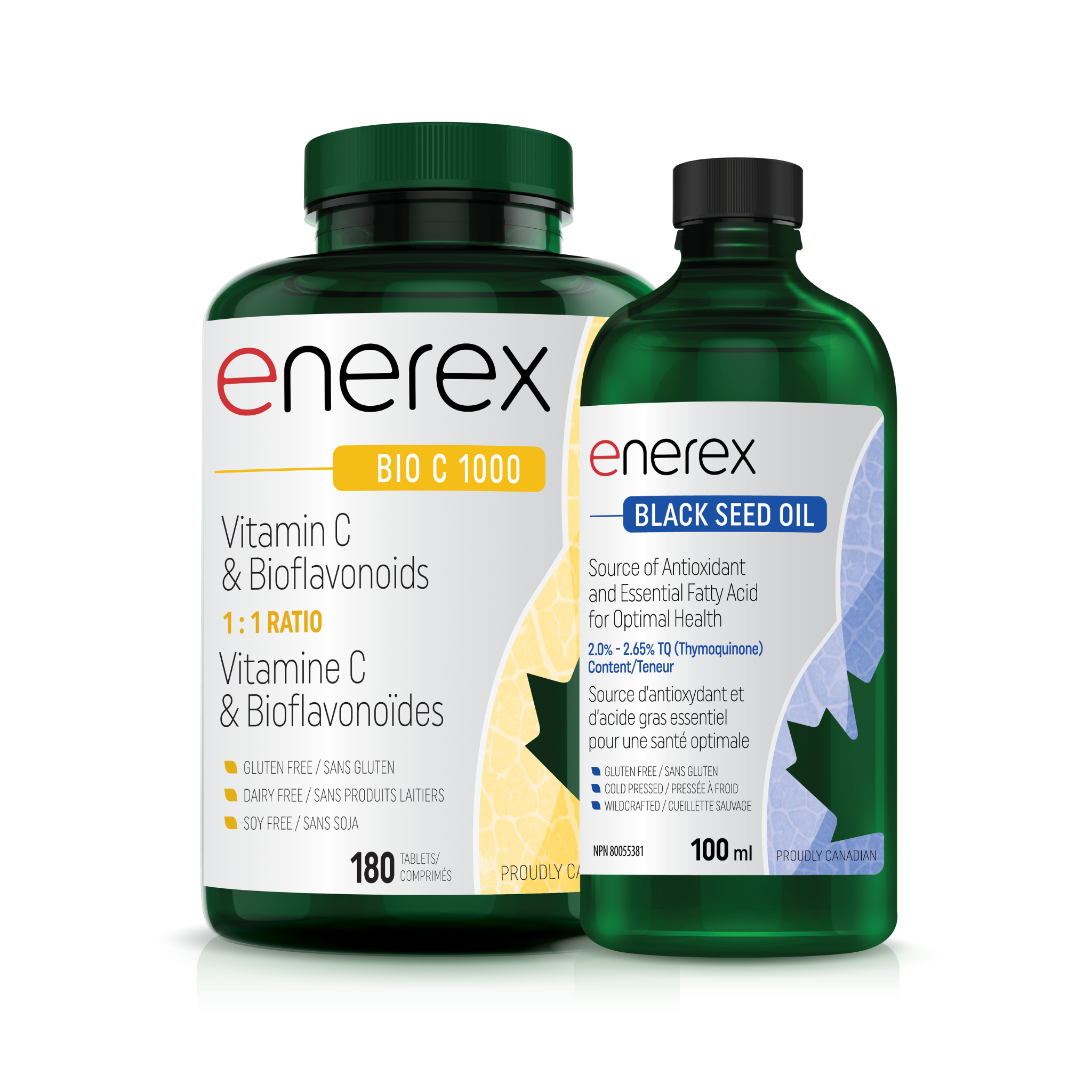
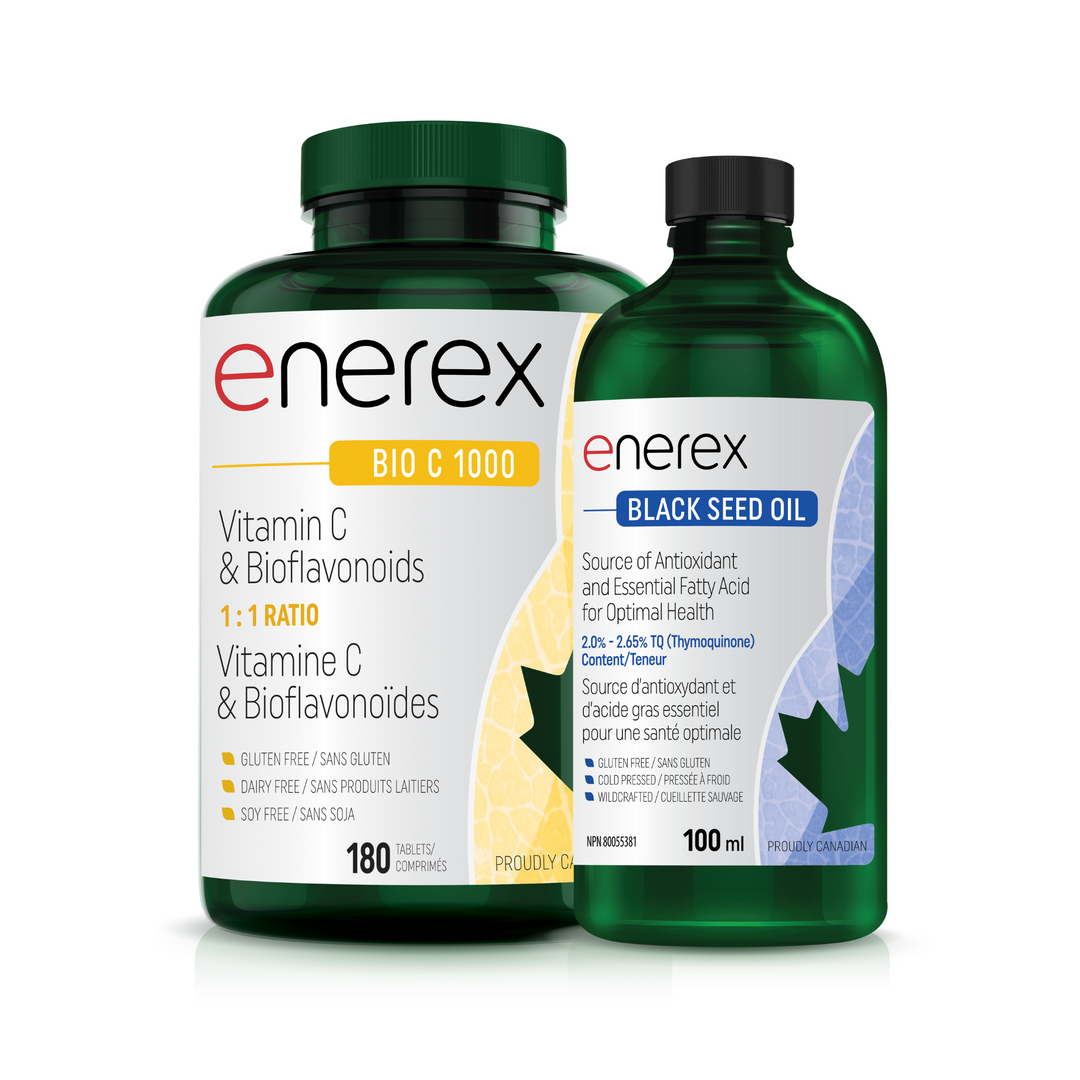
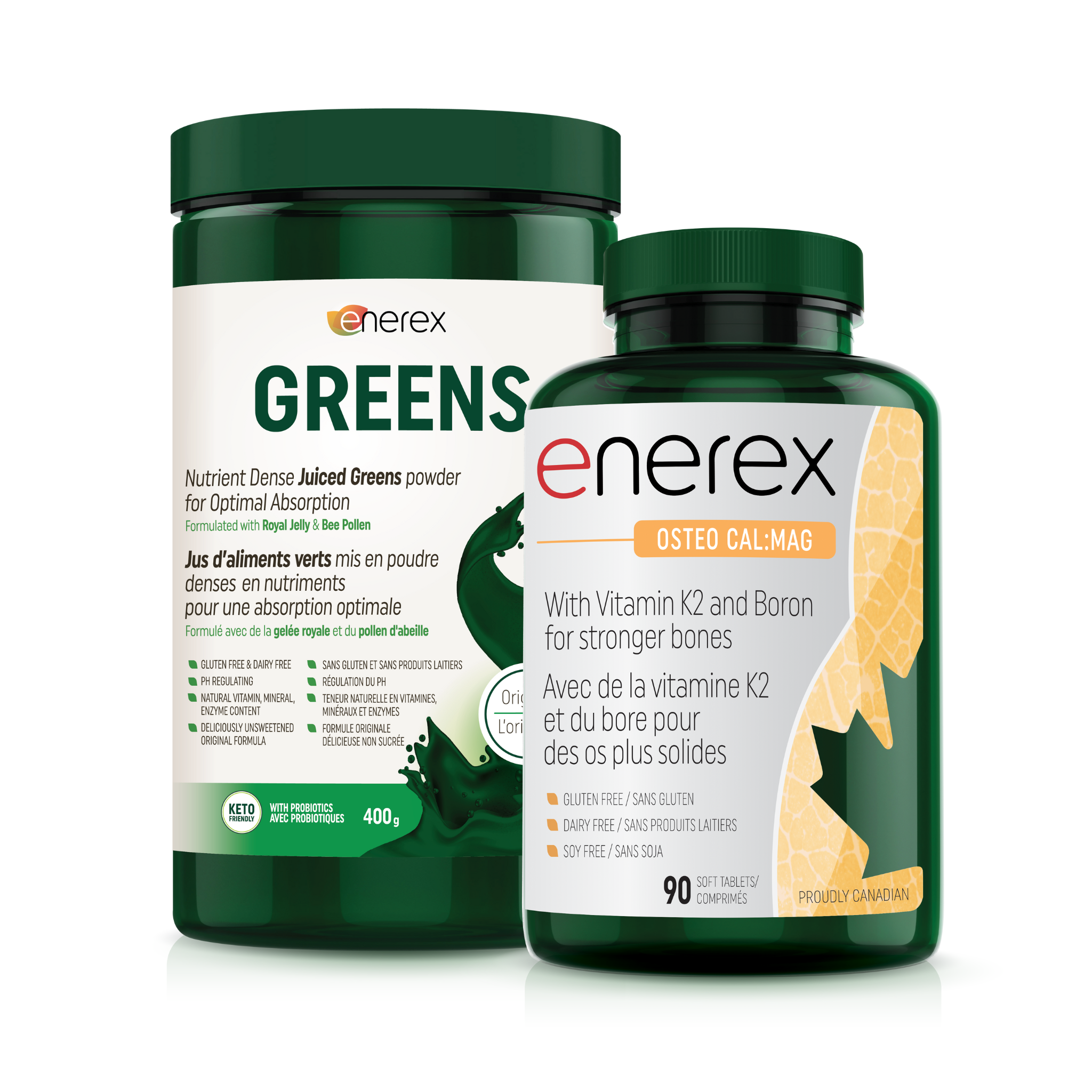
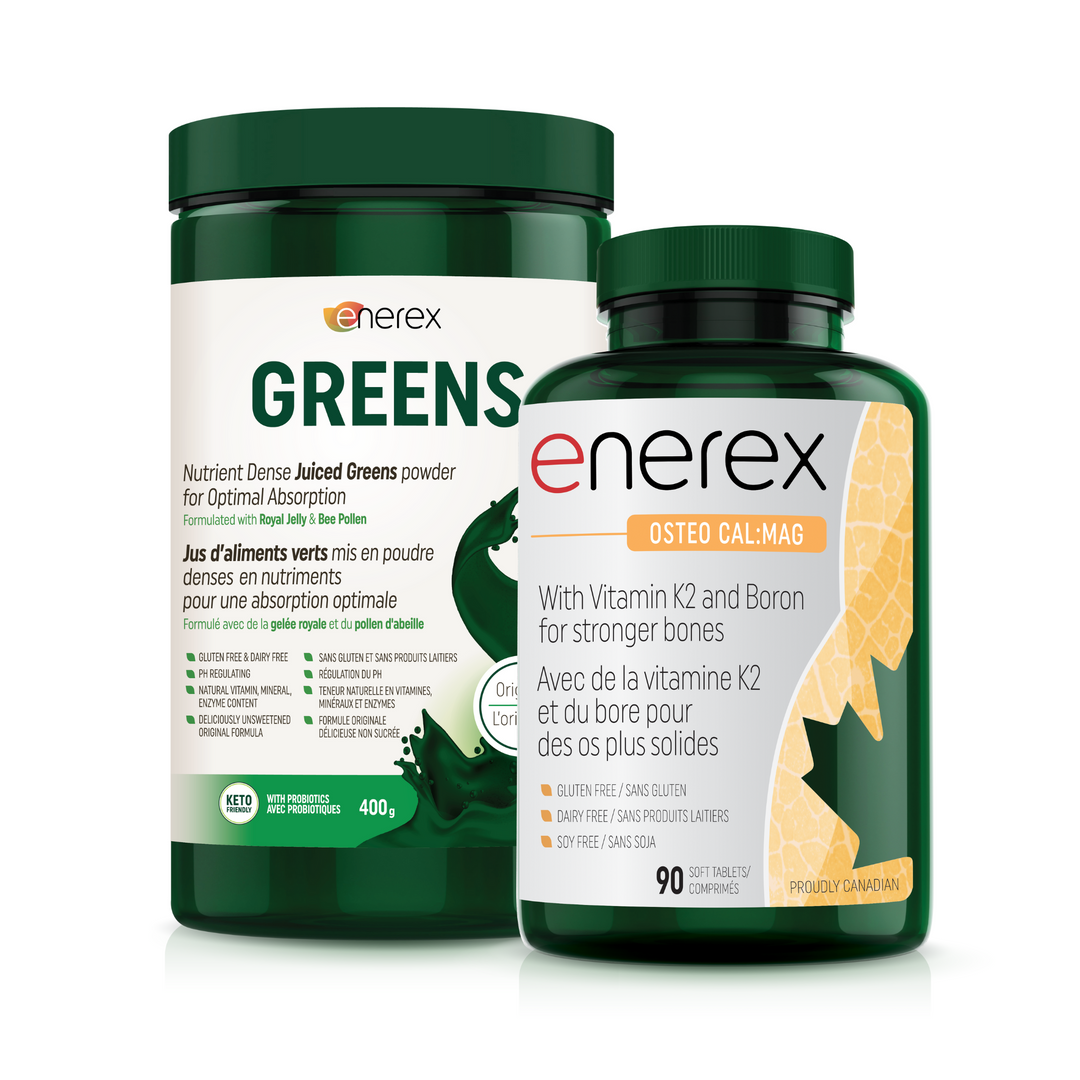
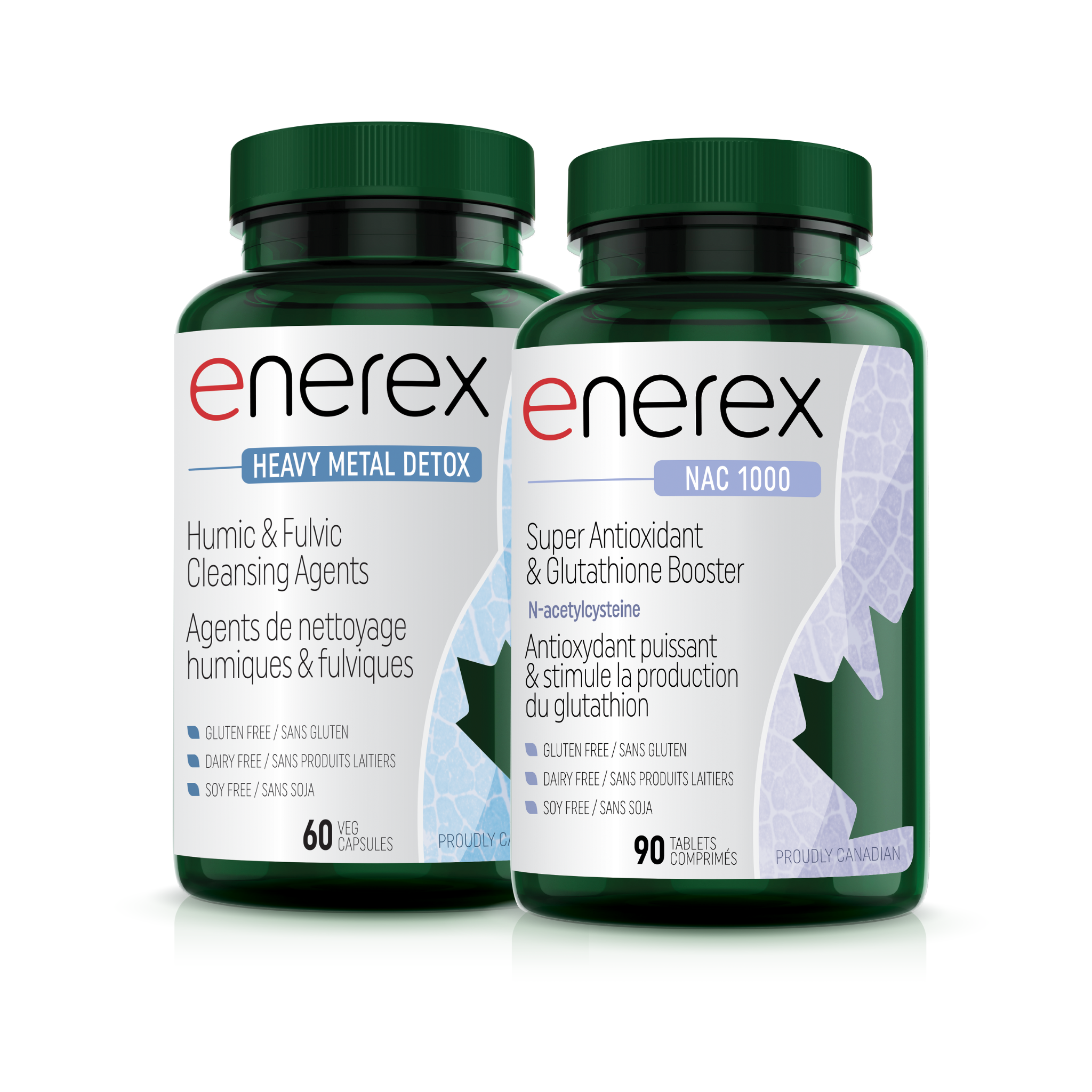
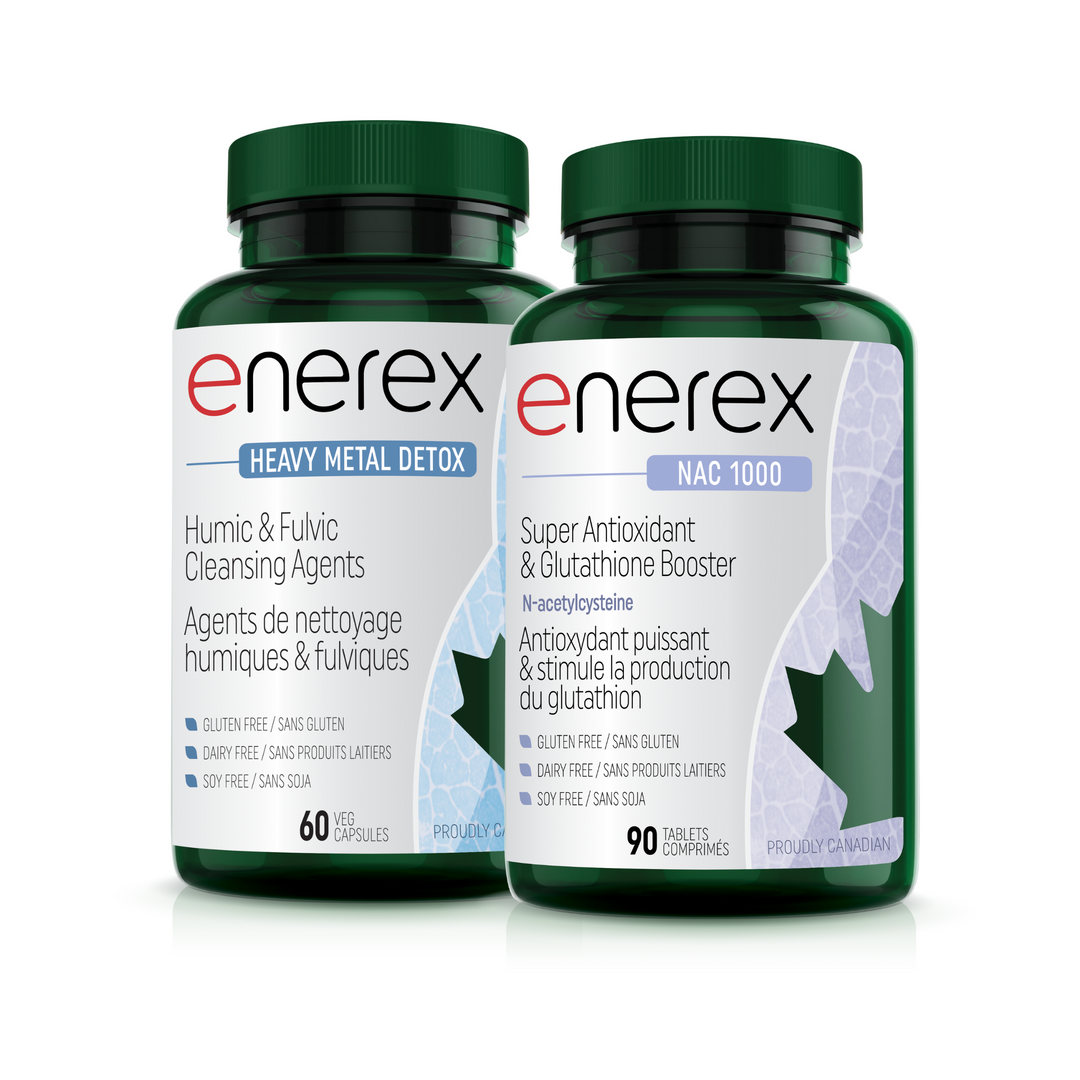
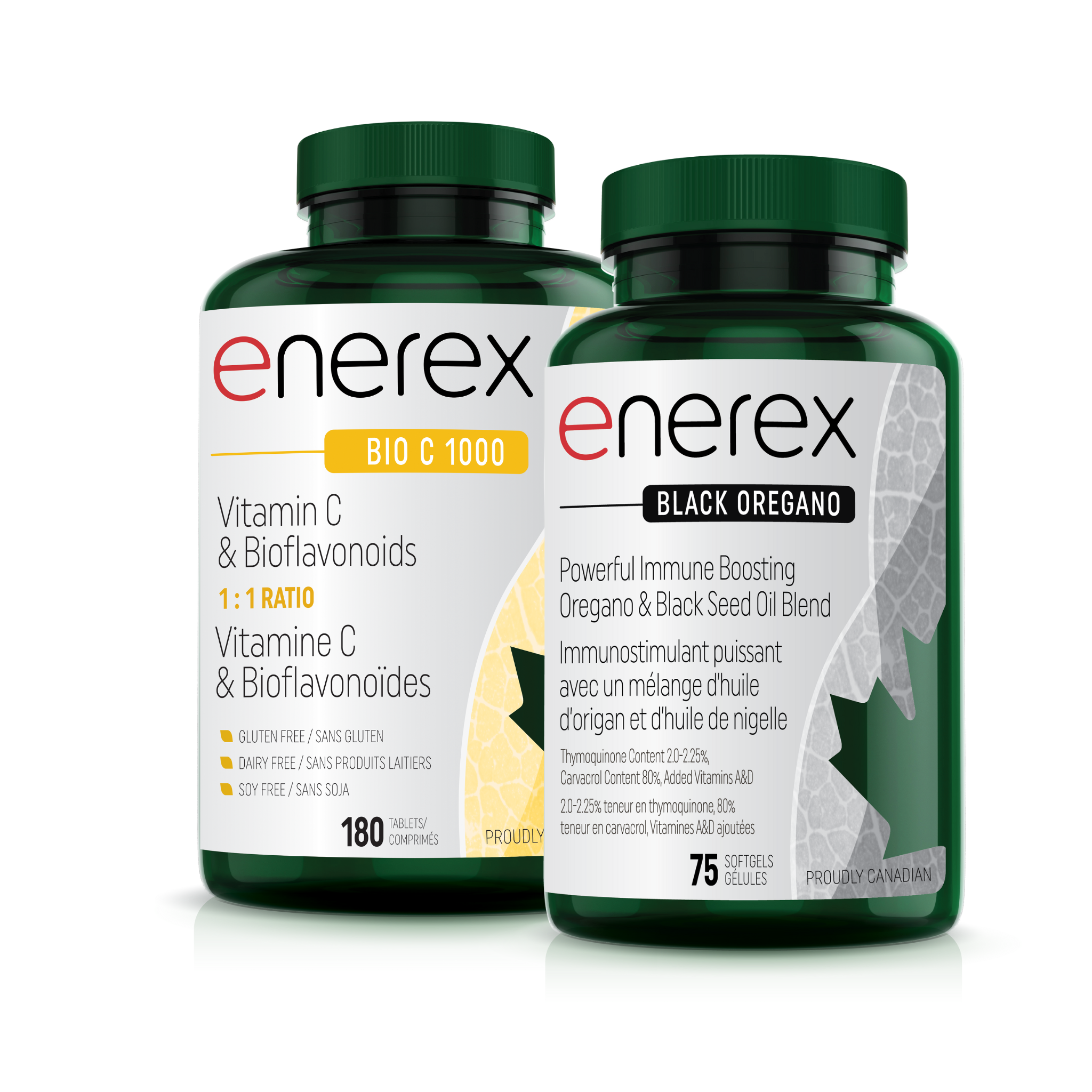
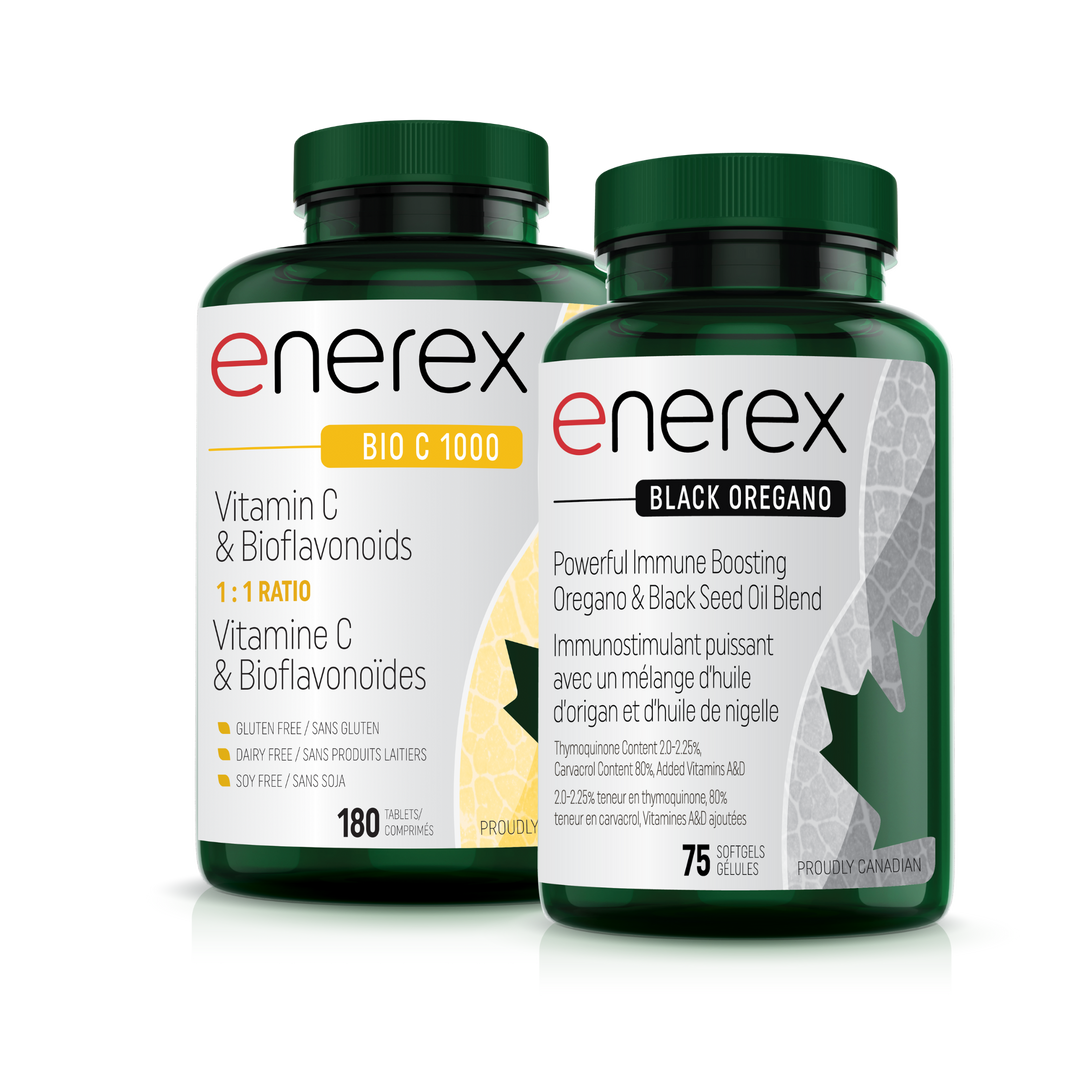
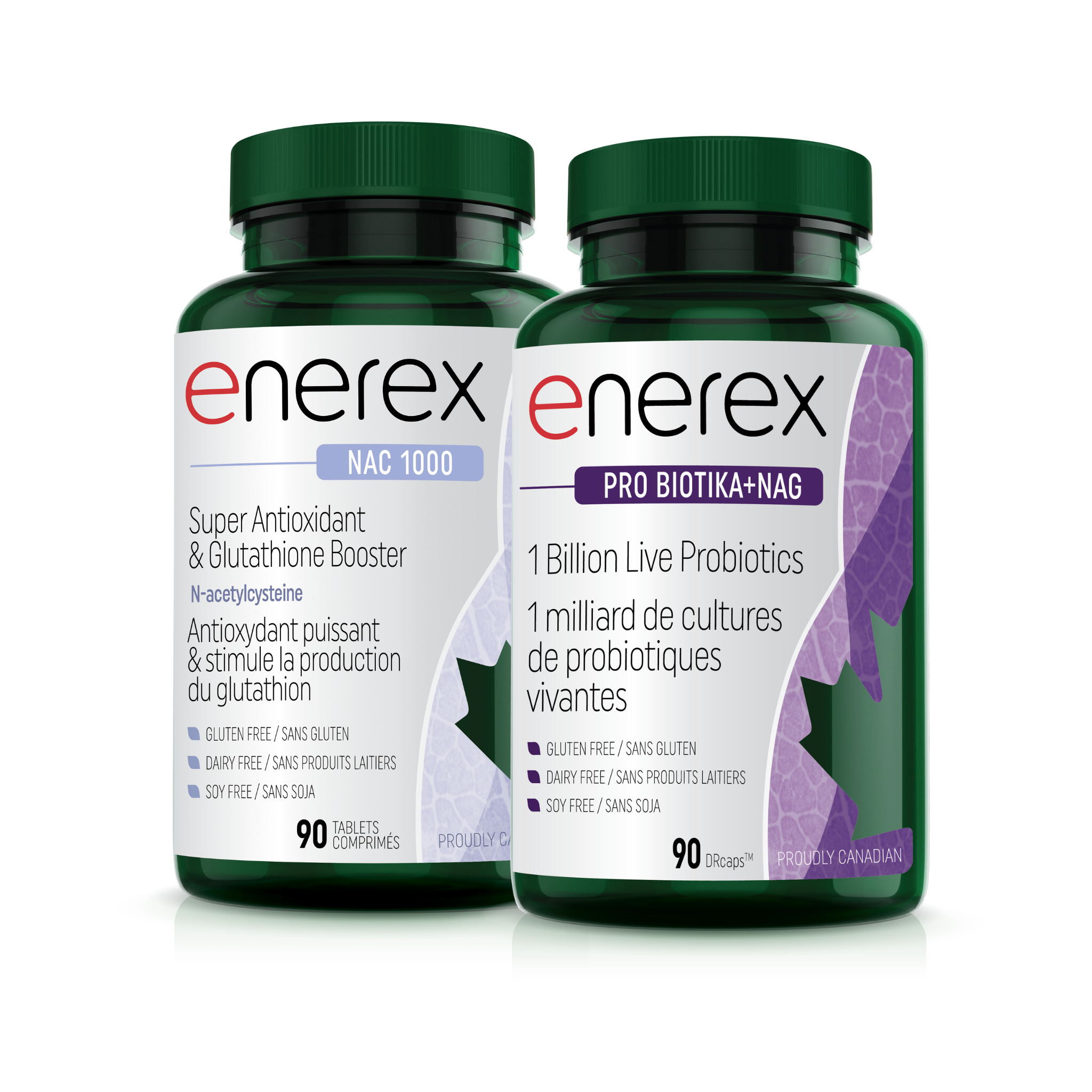
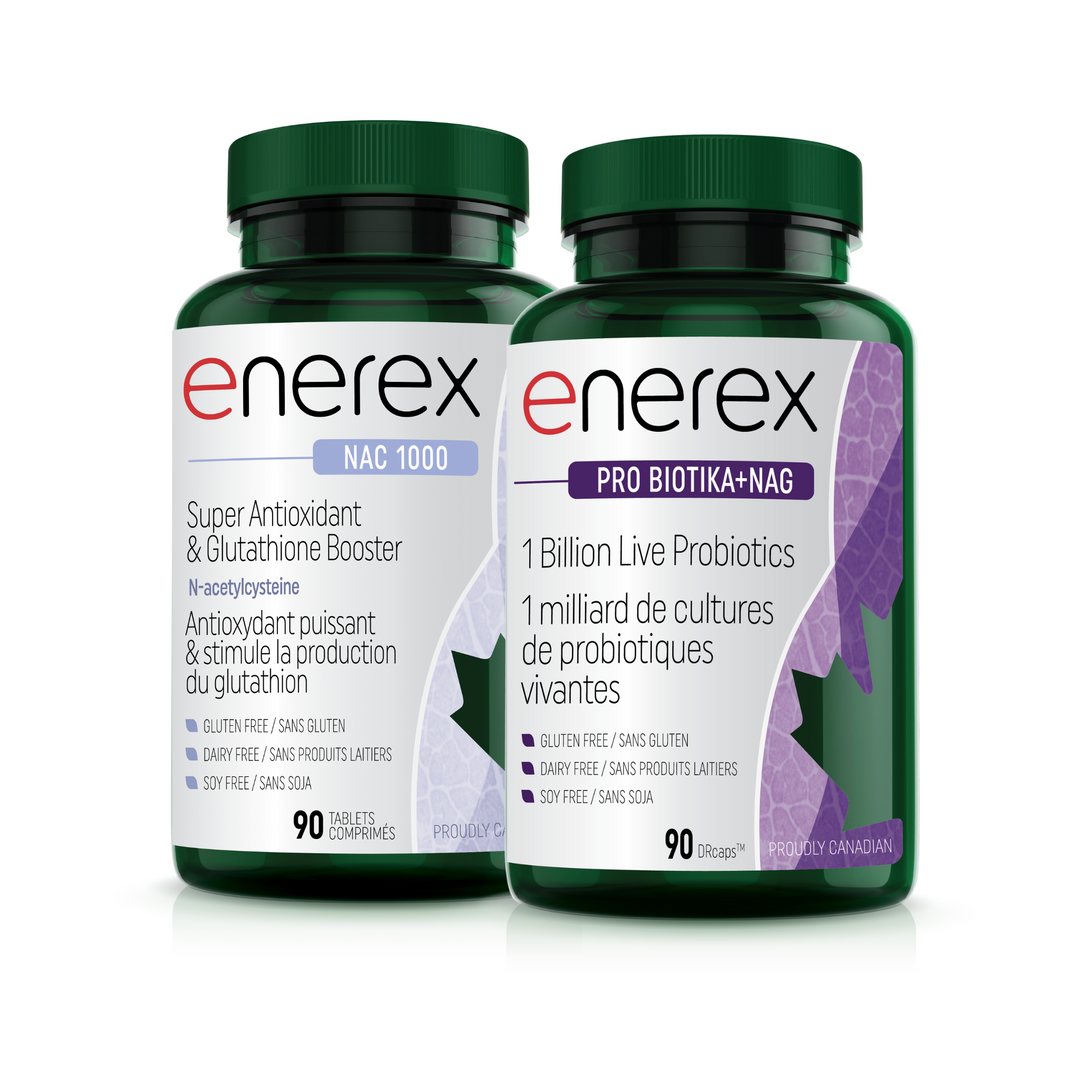
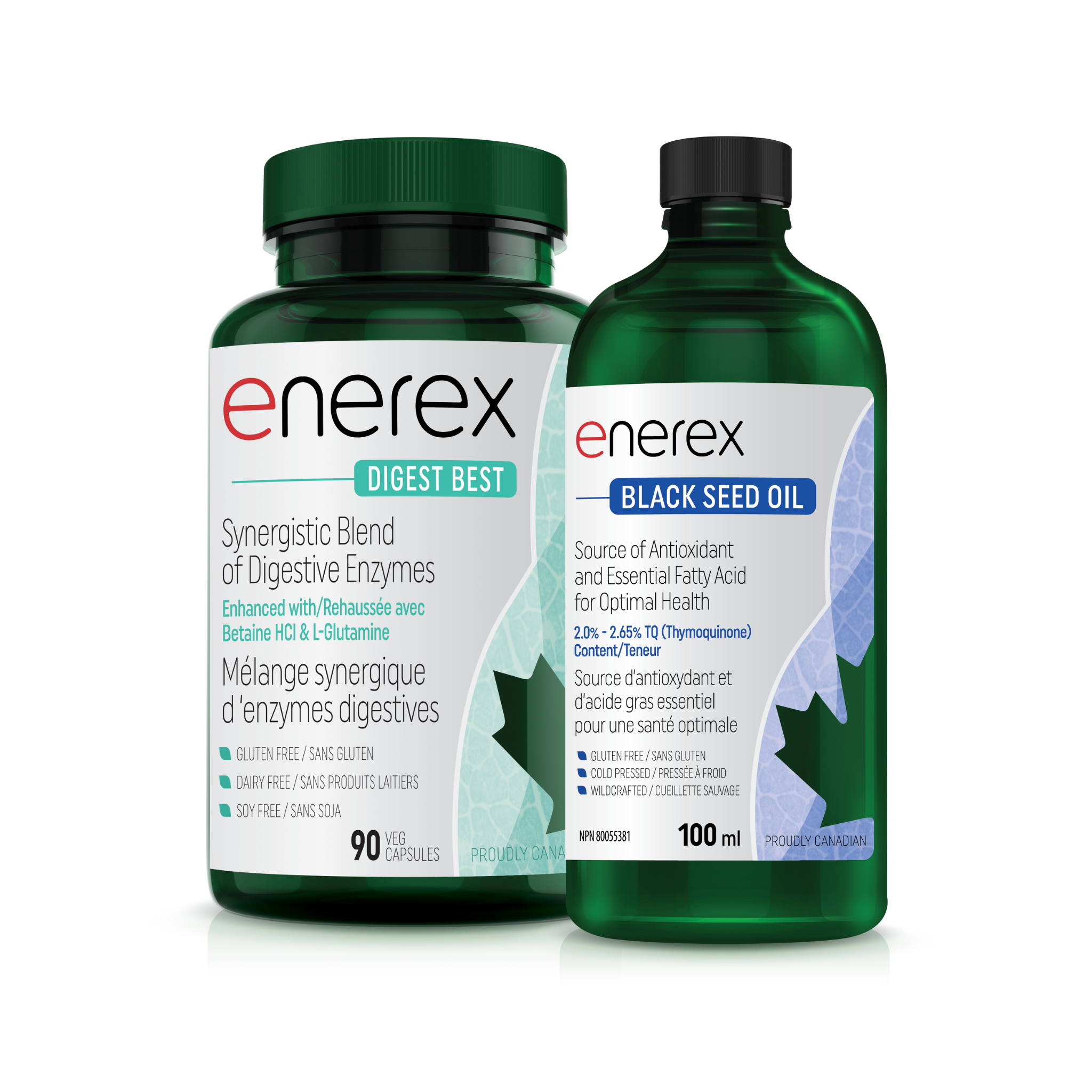
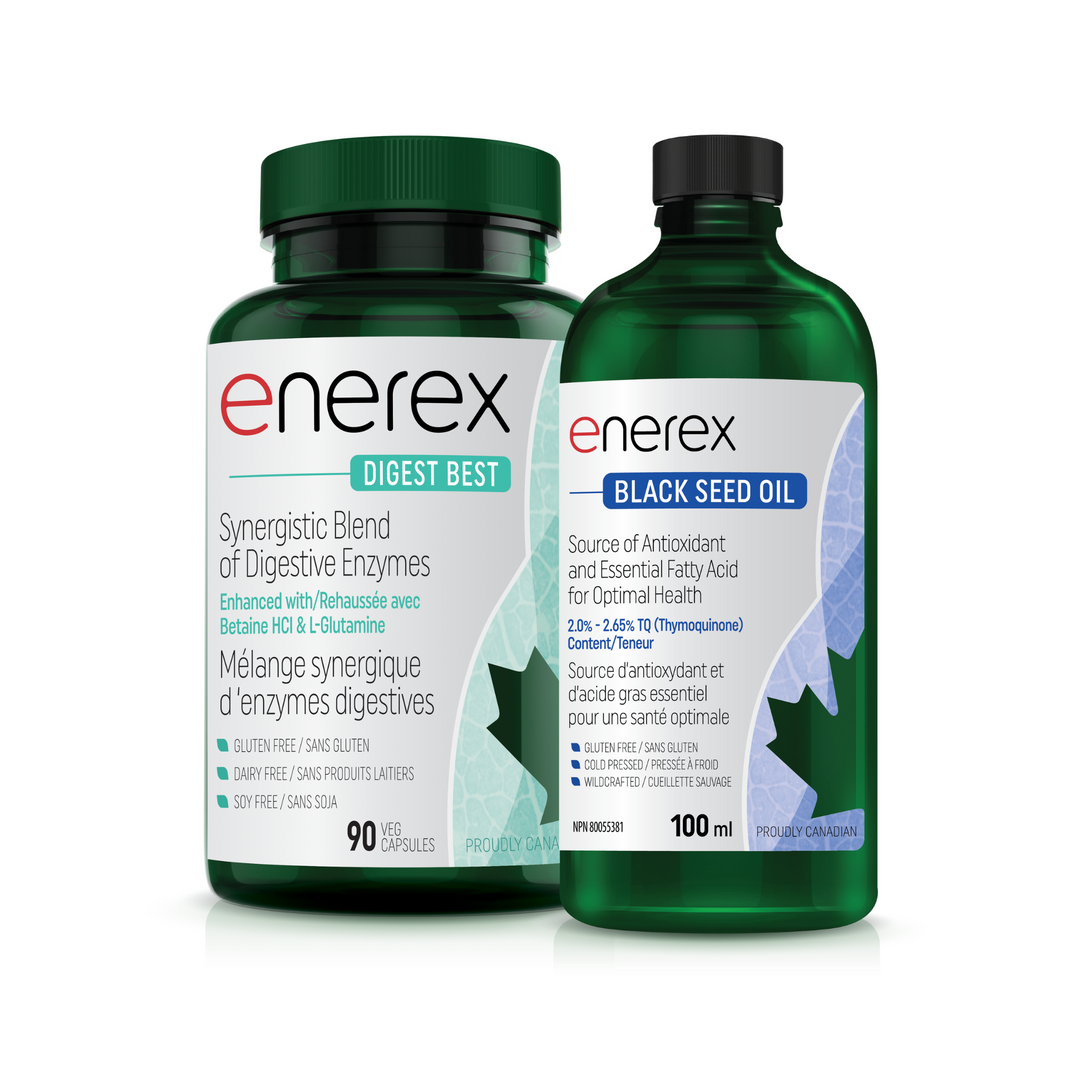
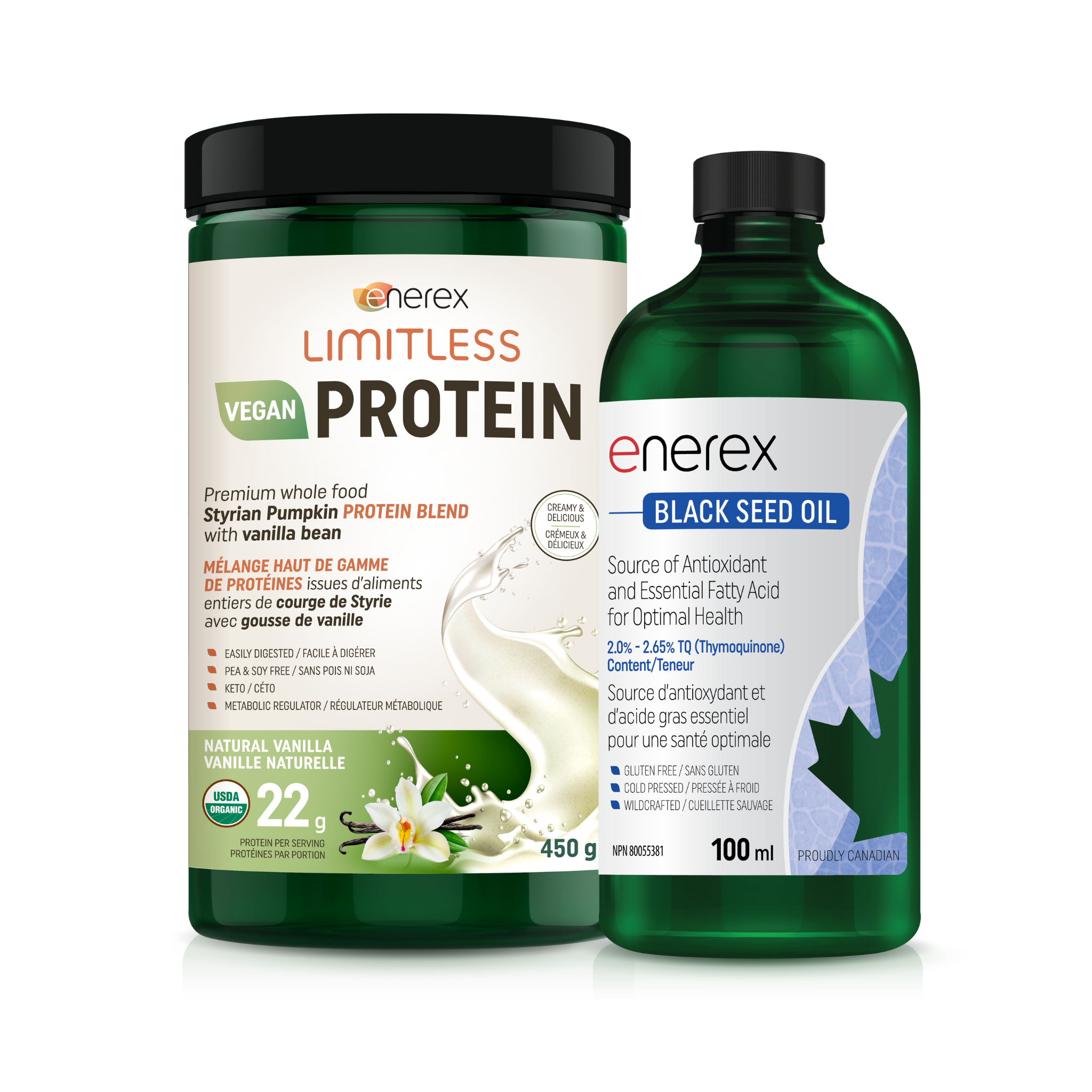
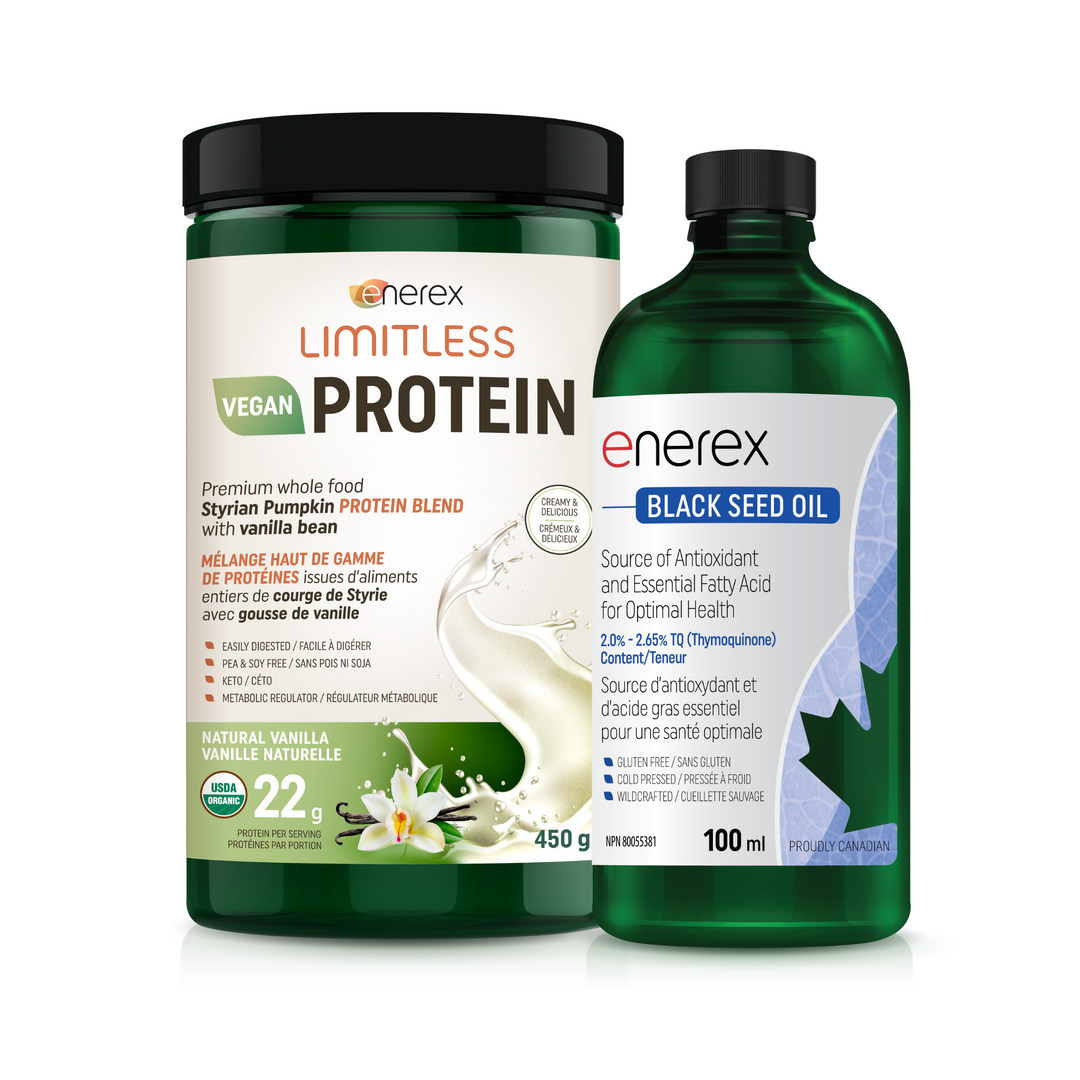
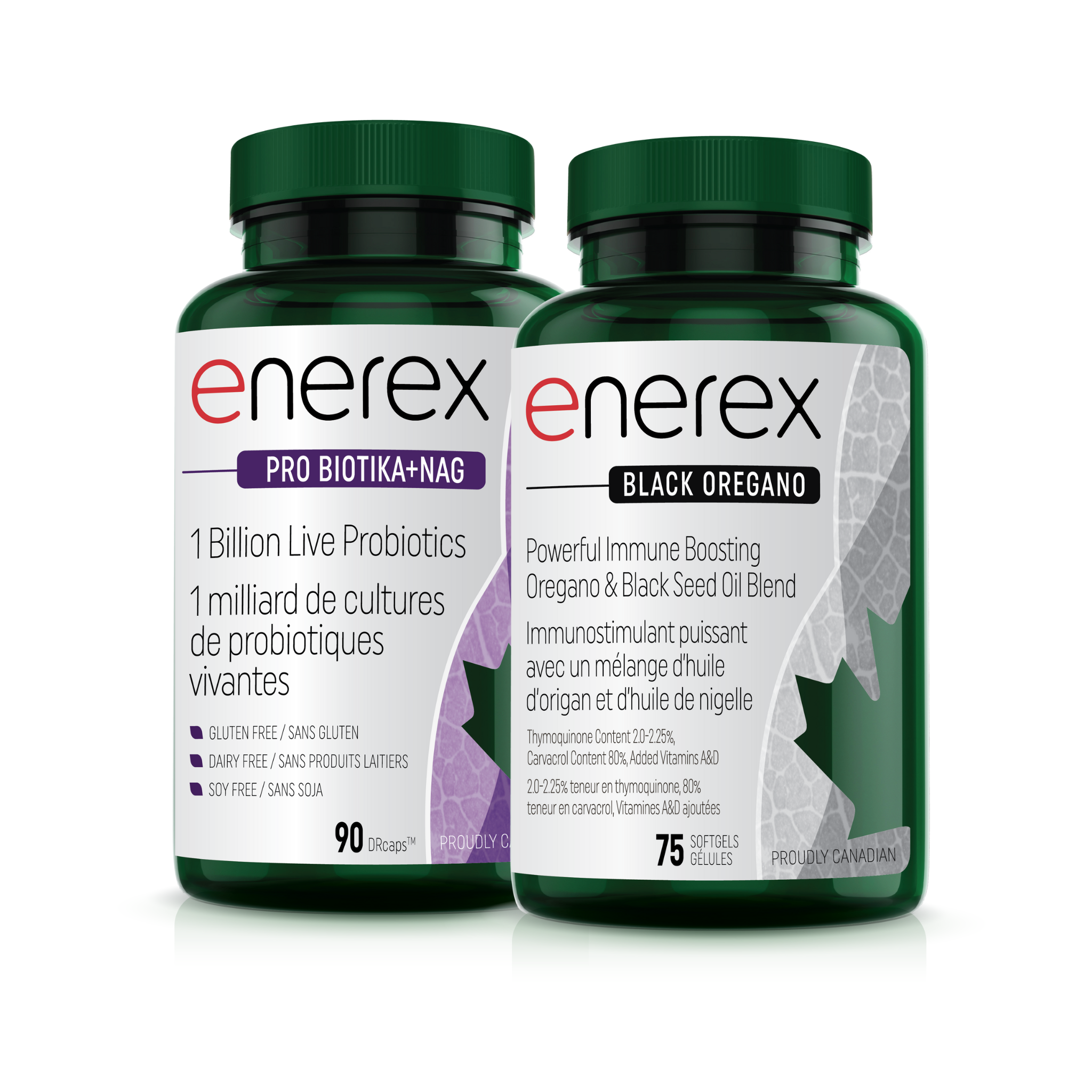
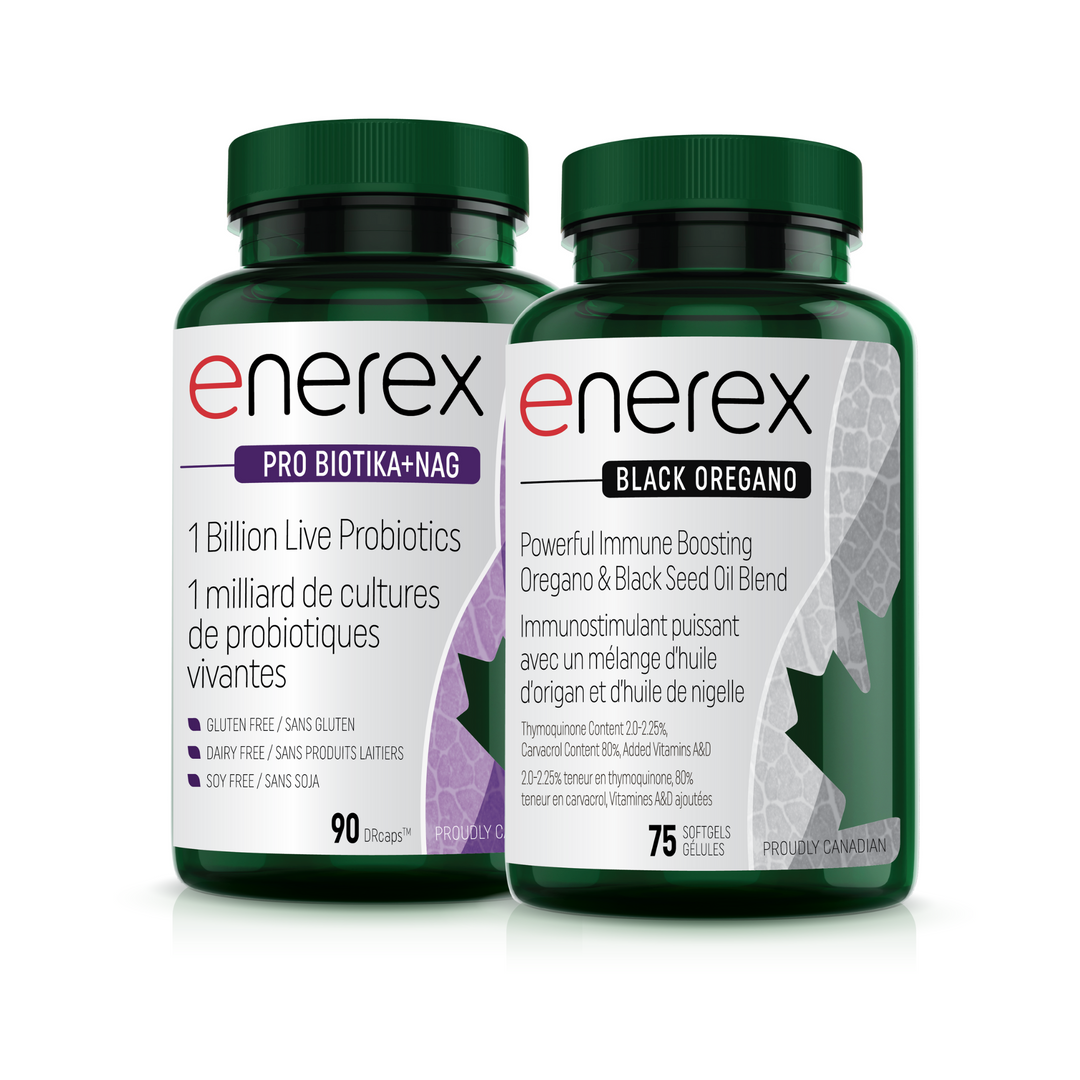
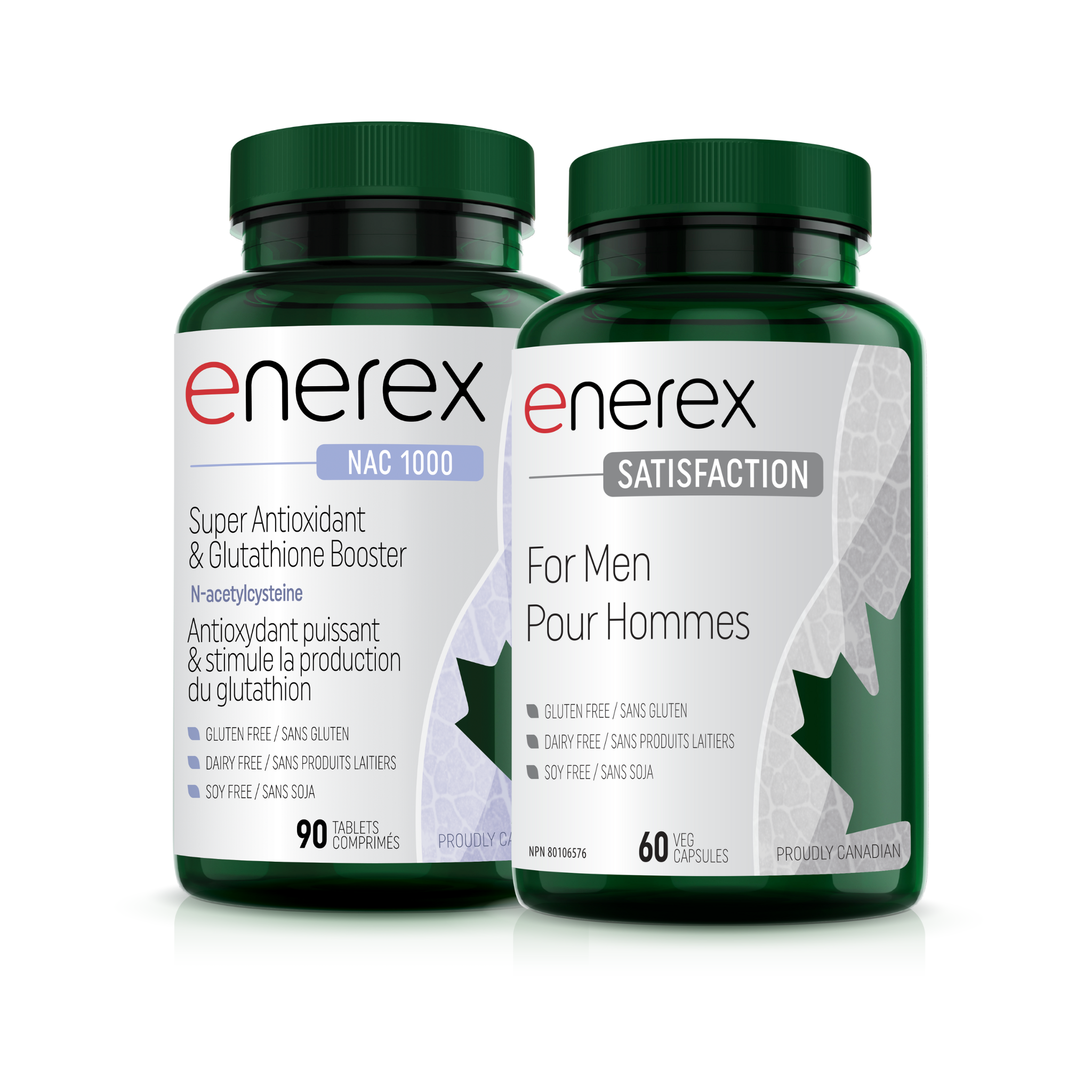
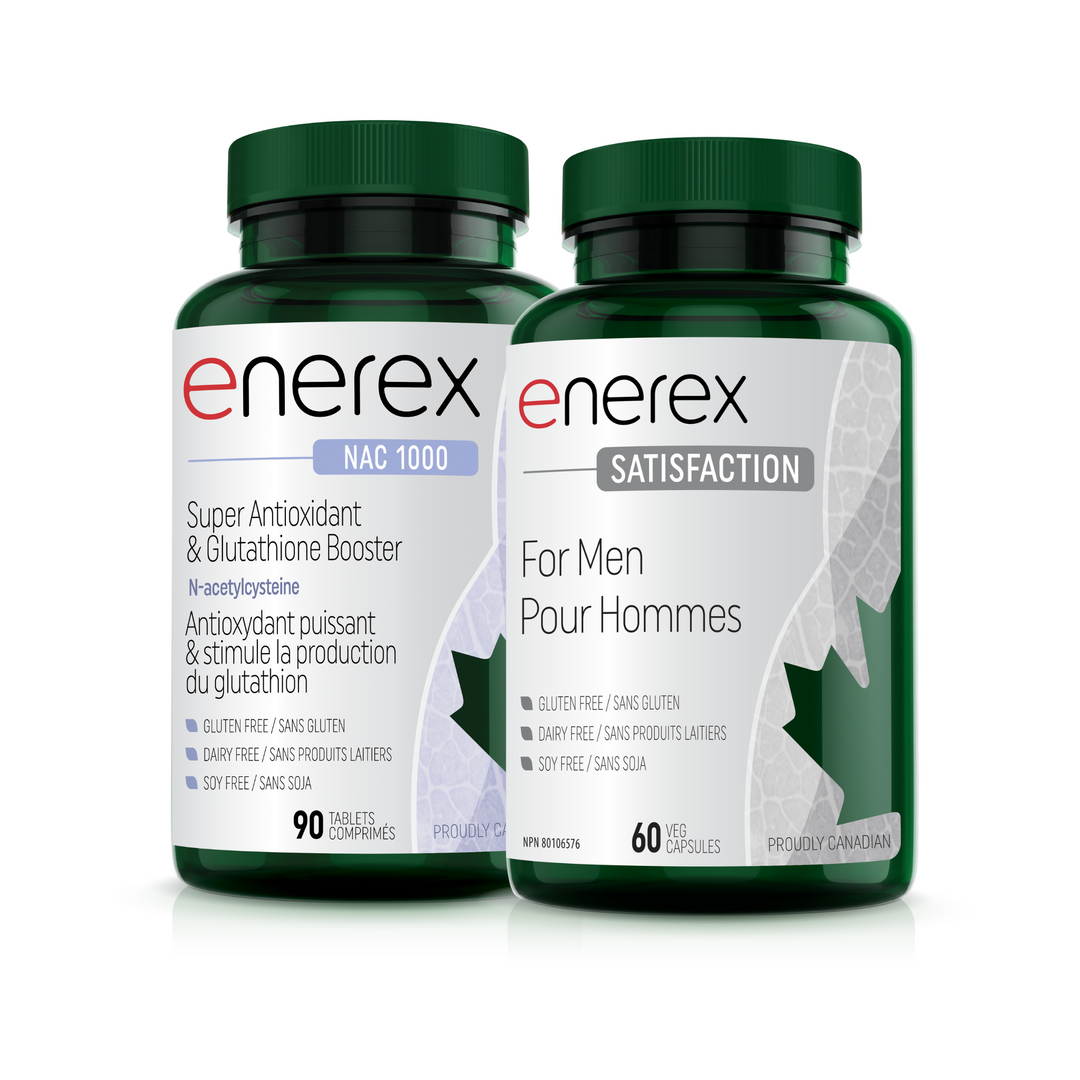
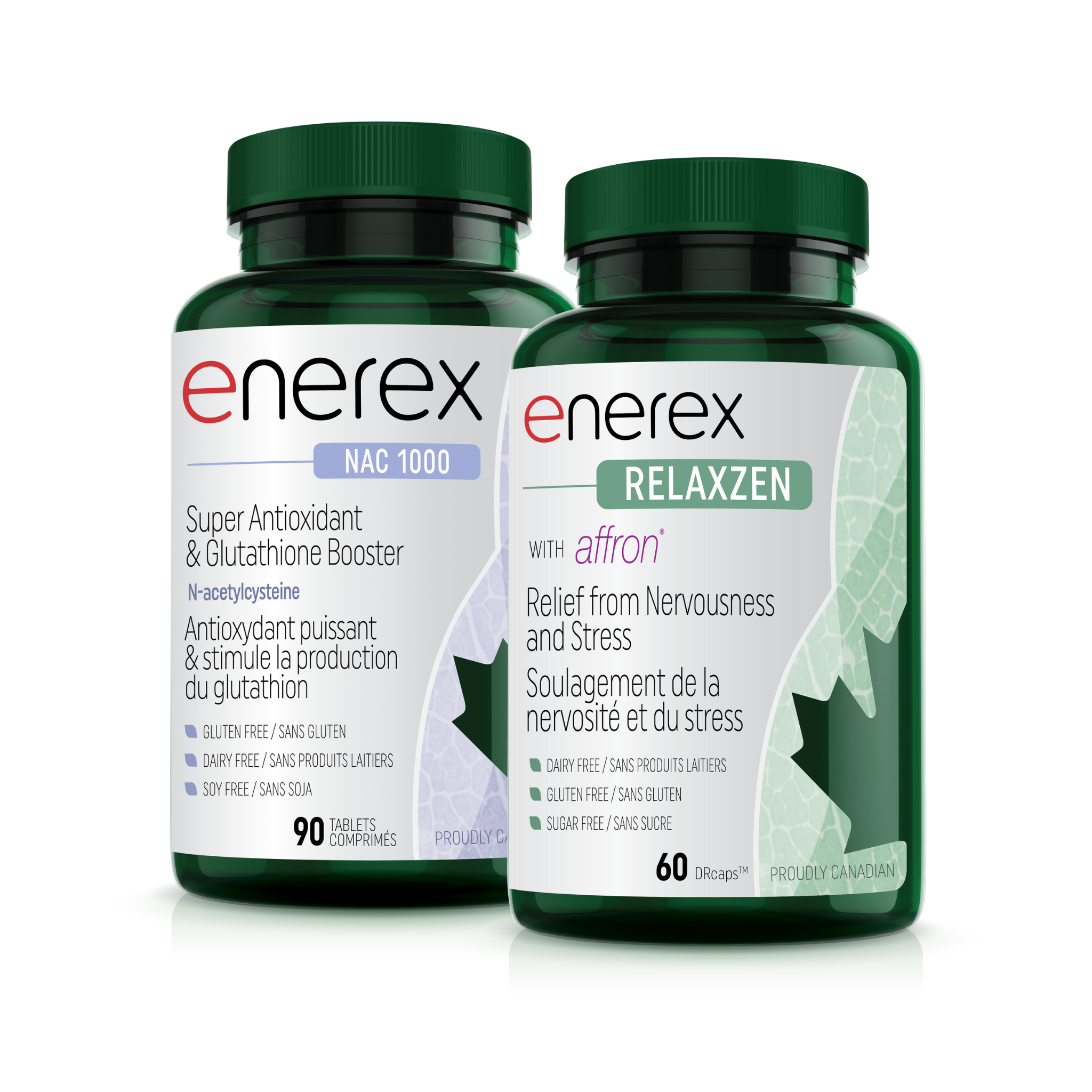
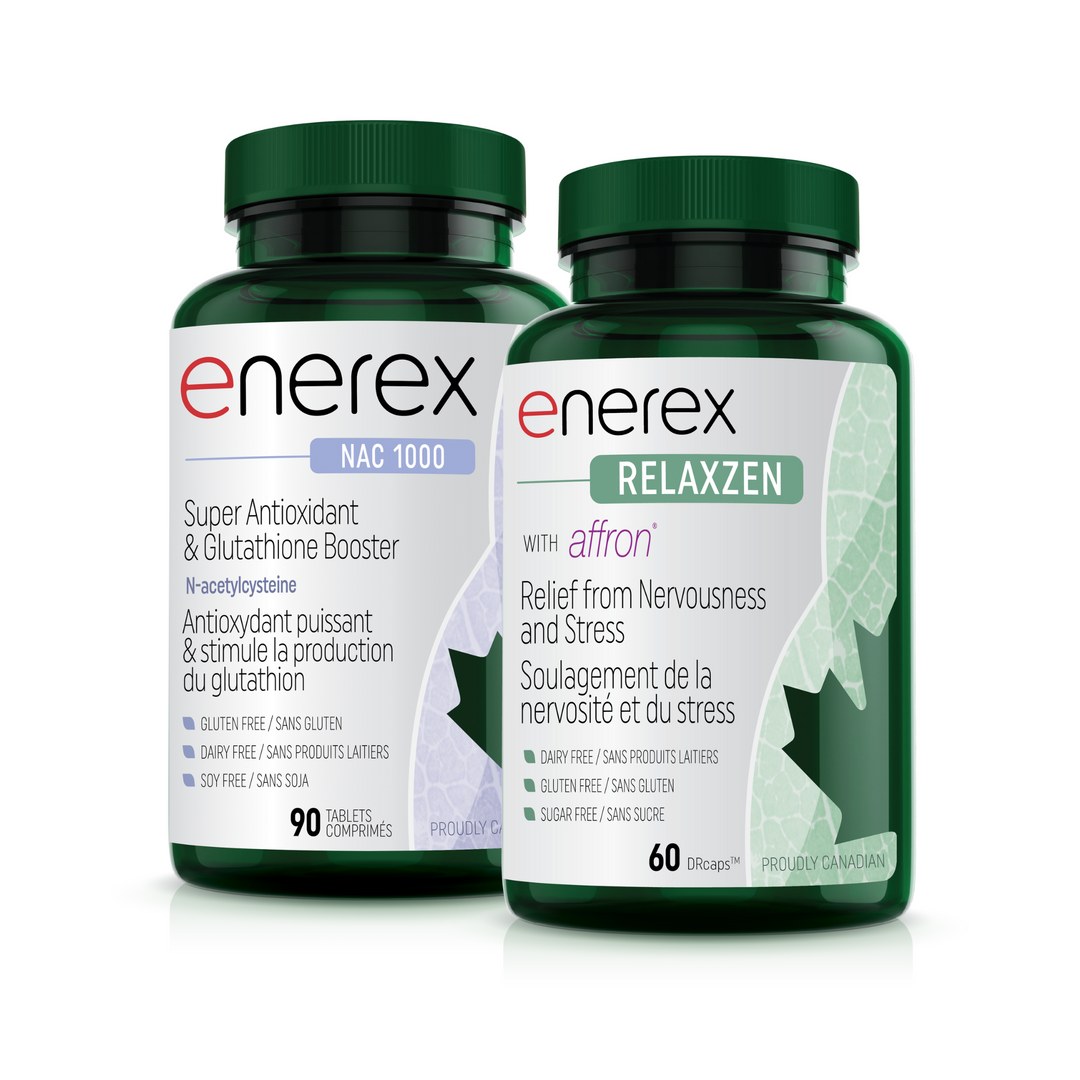
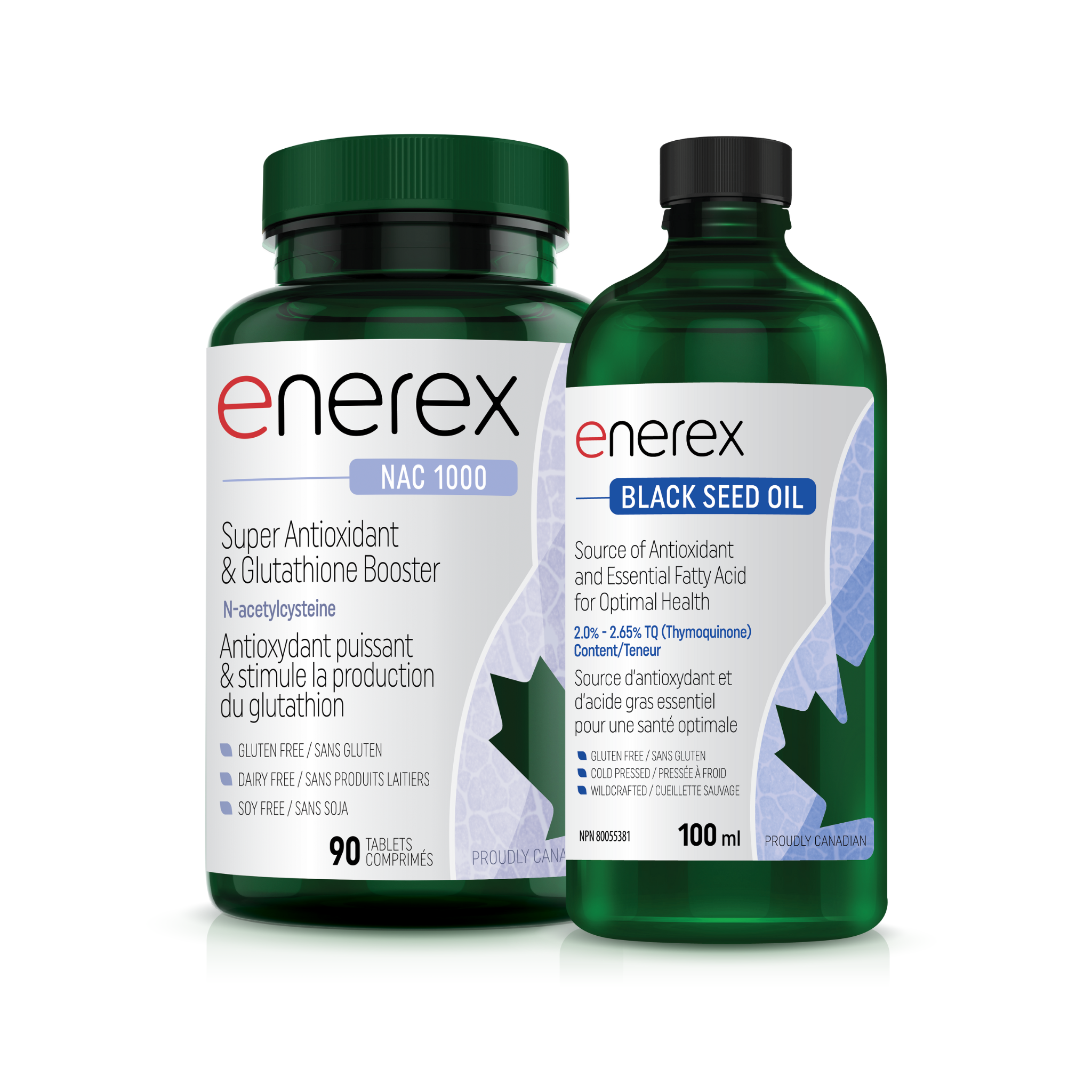
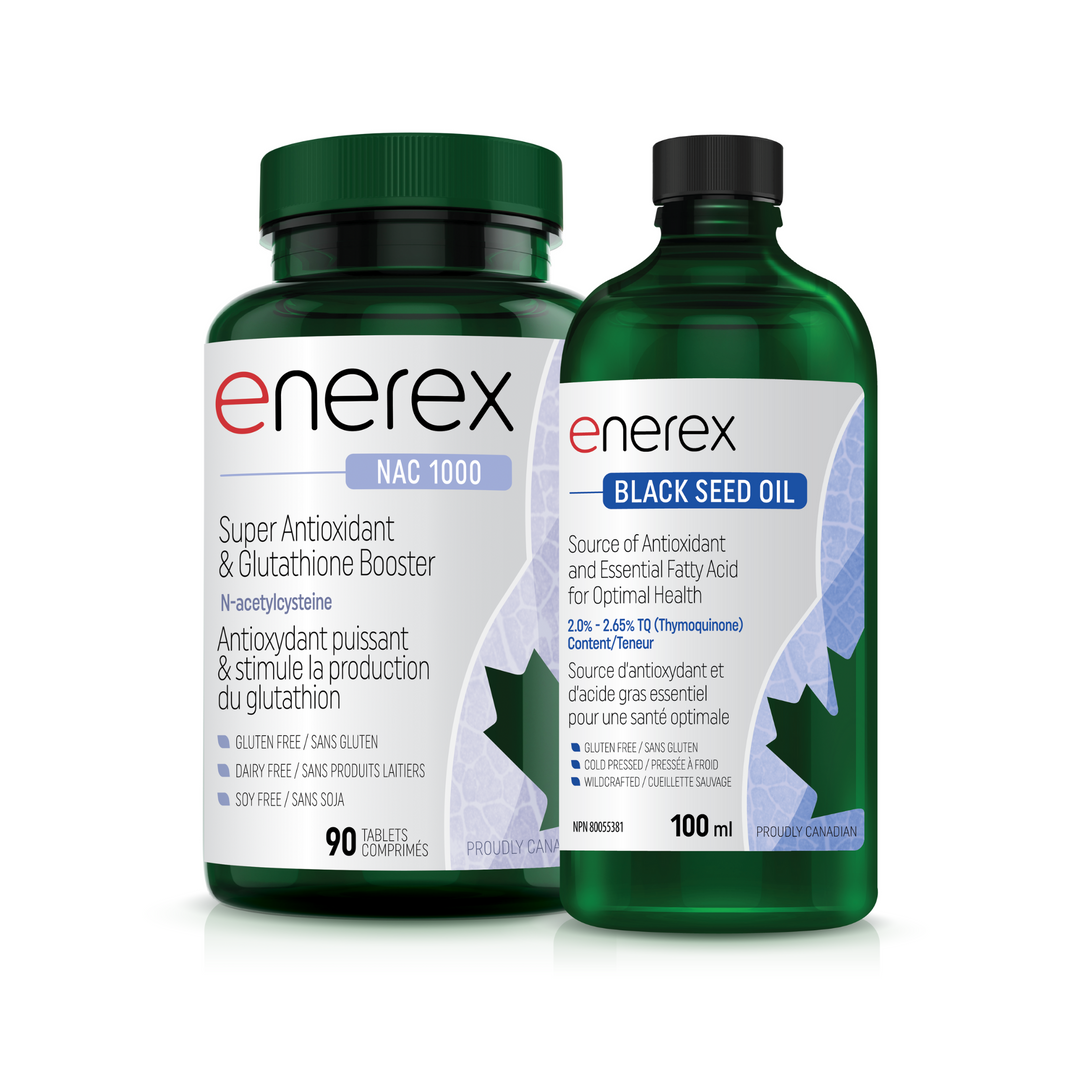
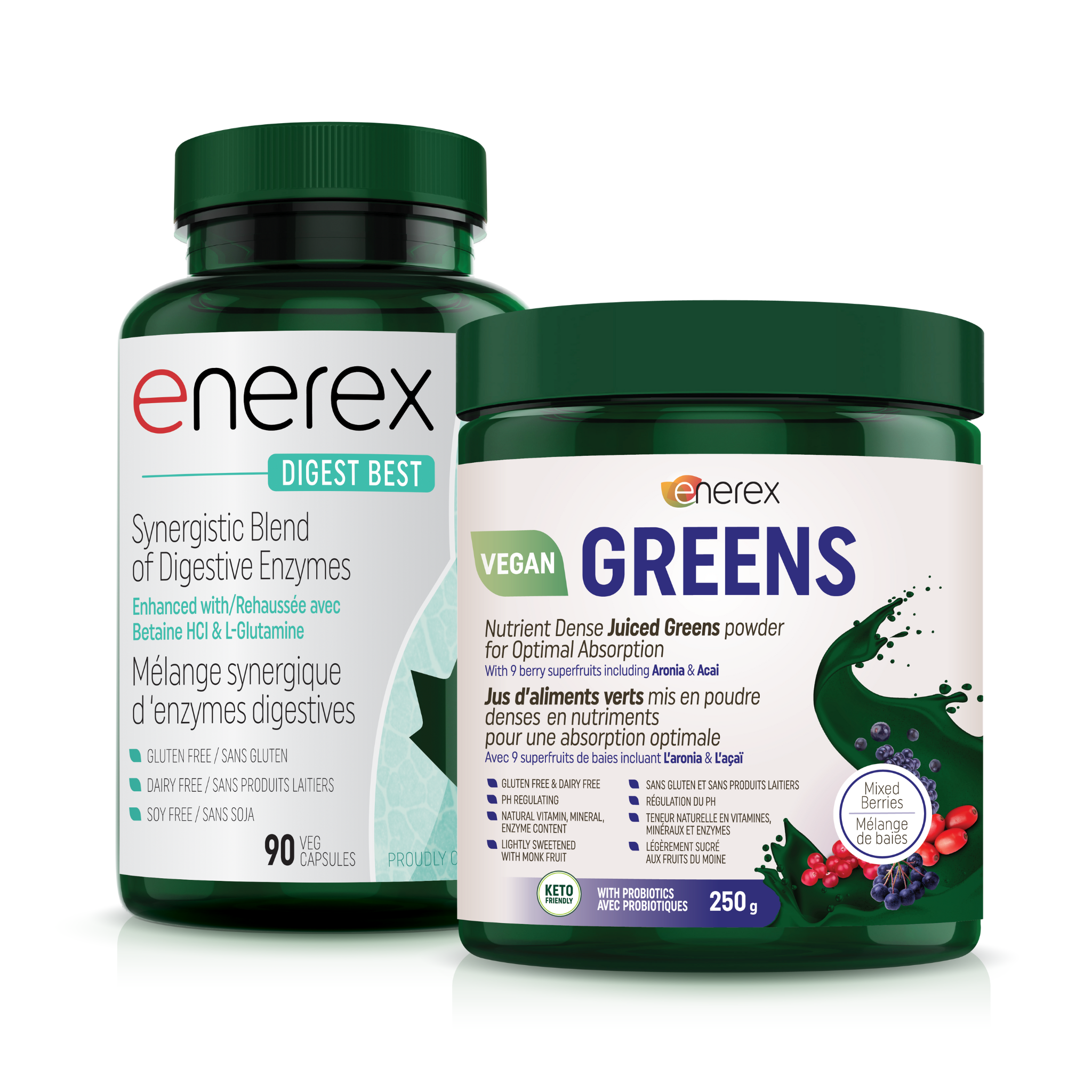
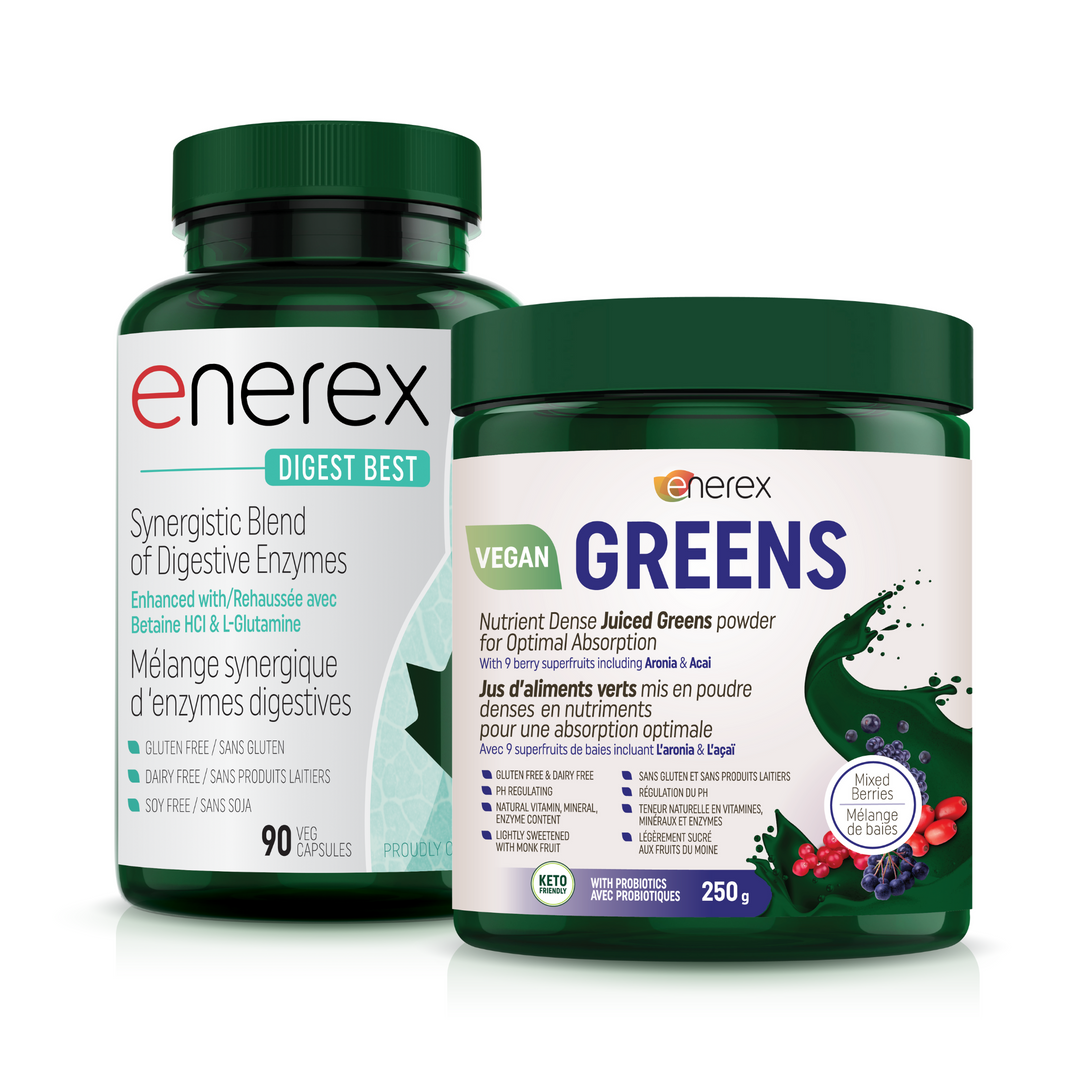
Leave a comment